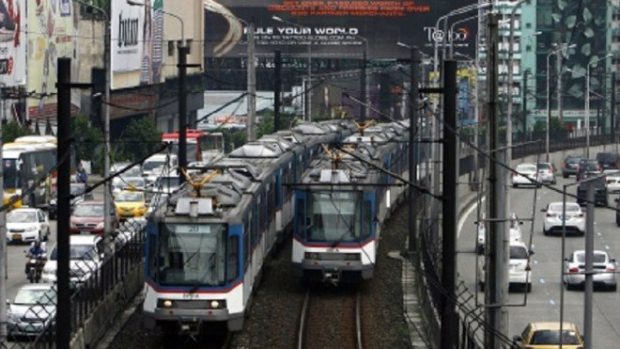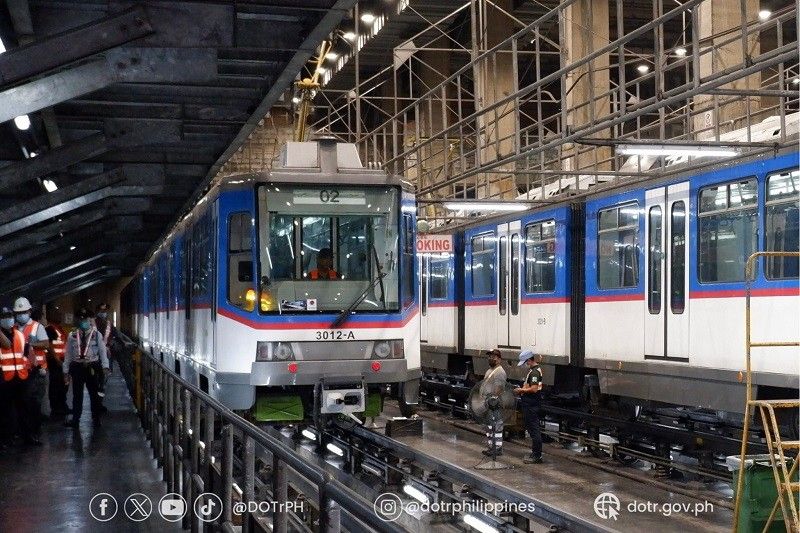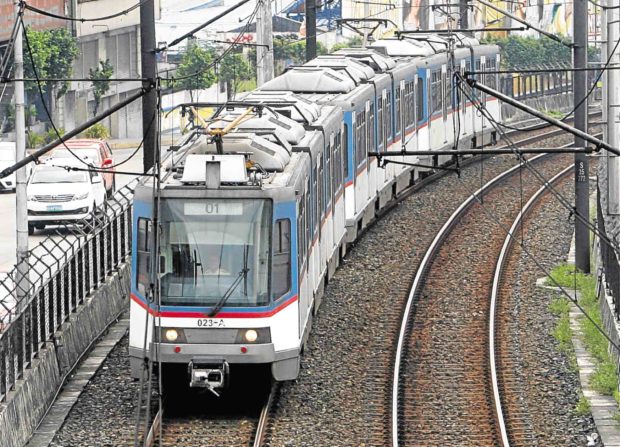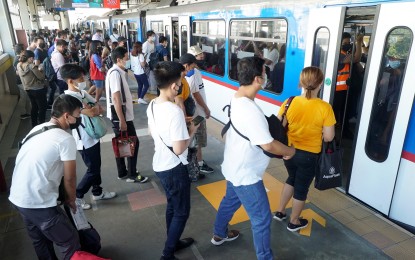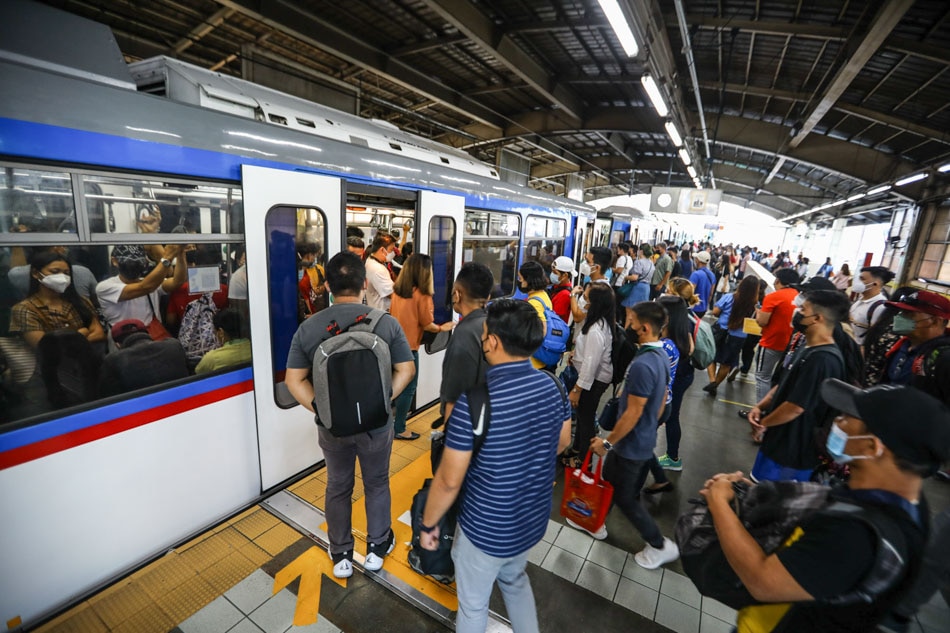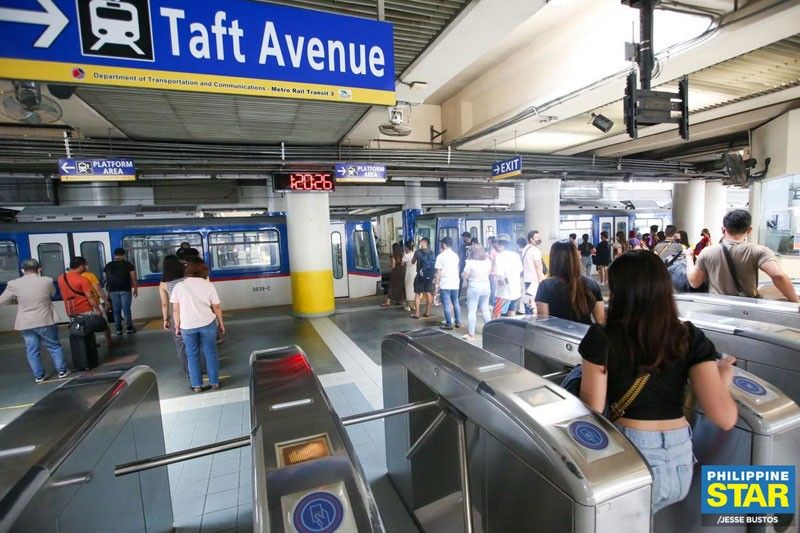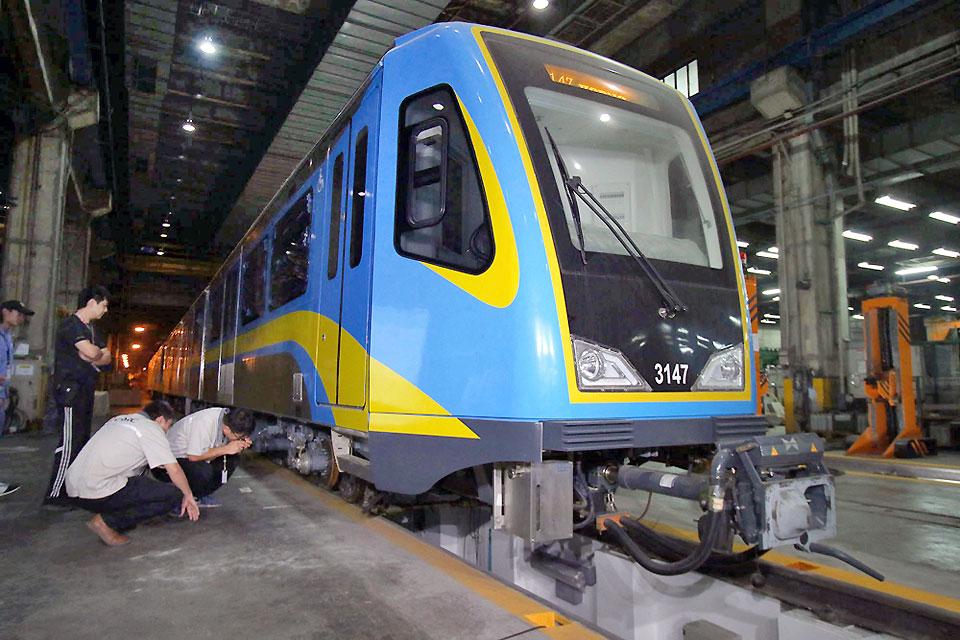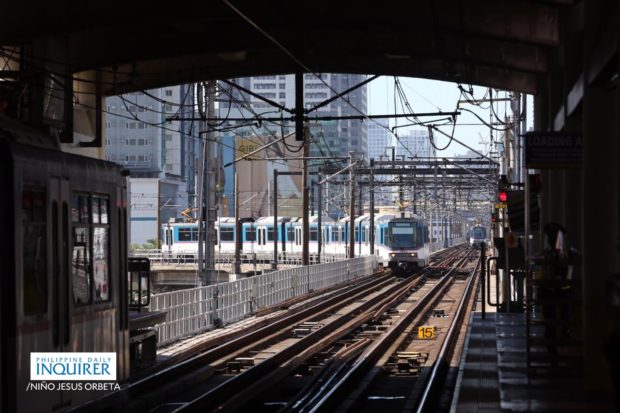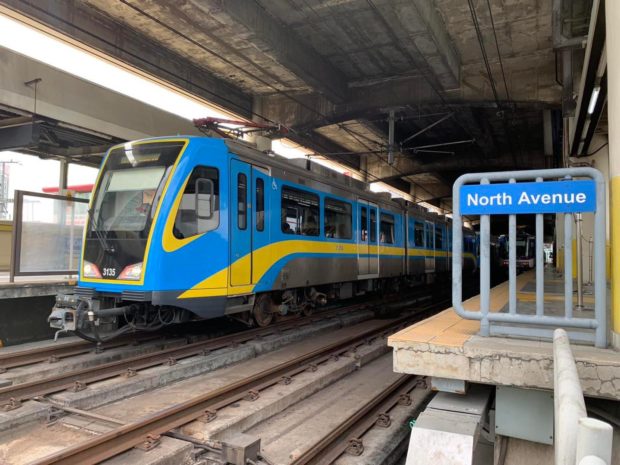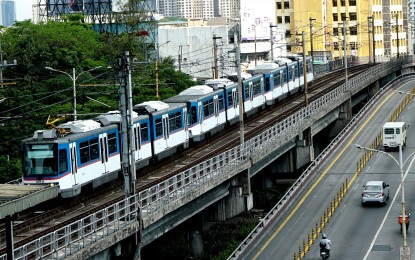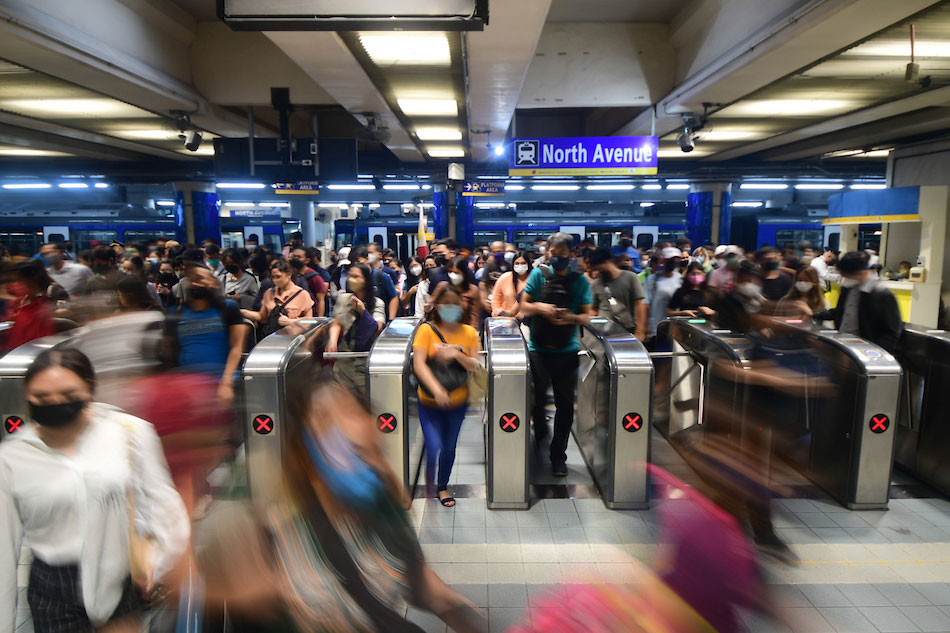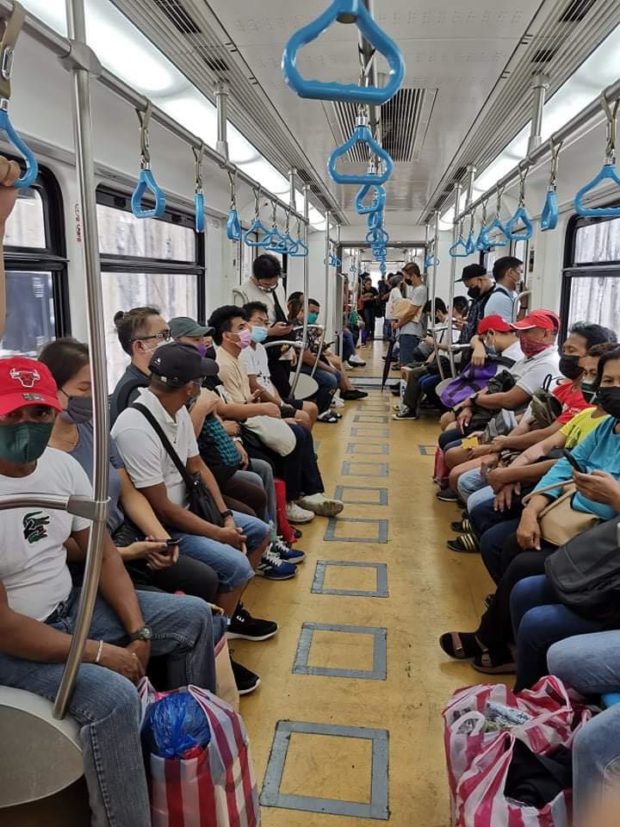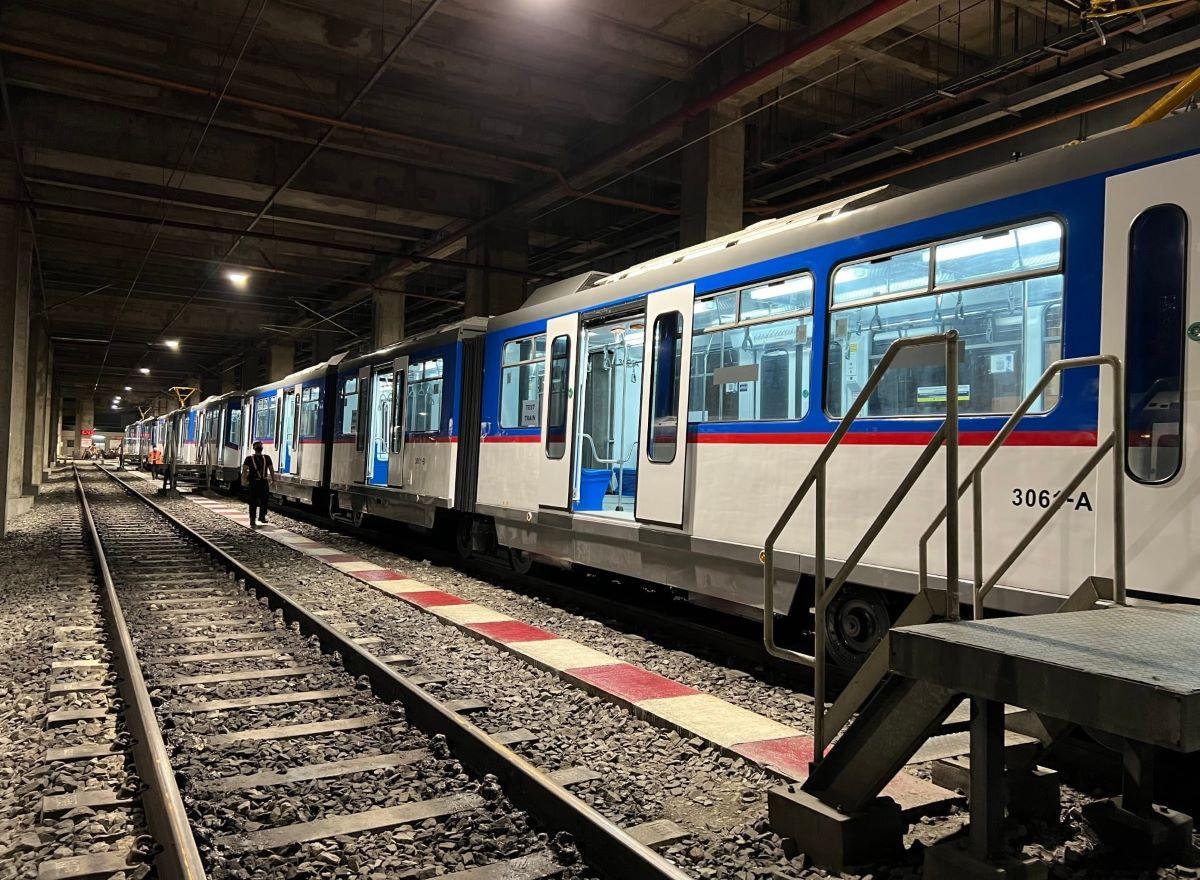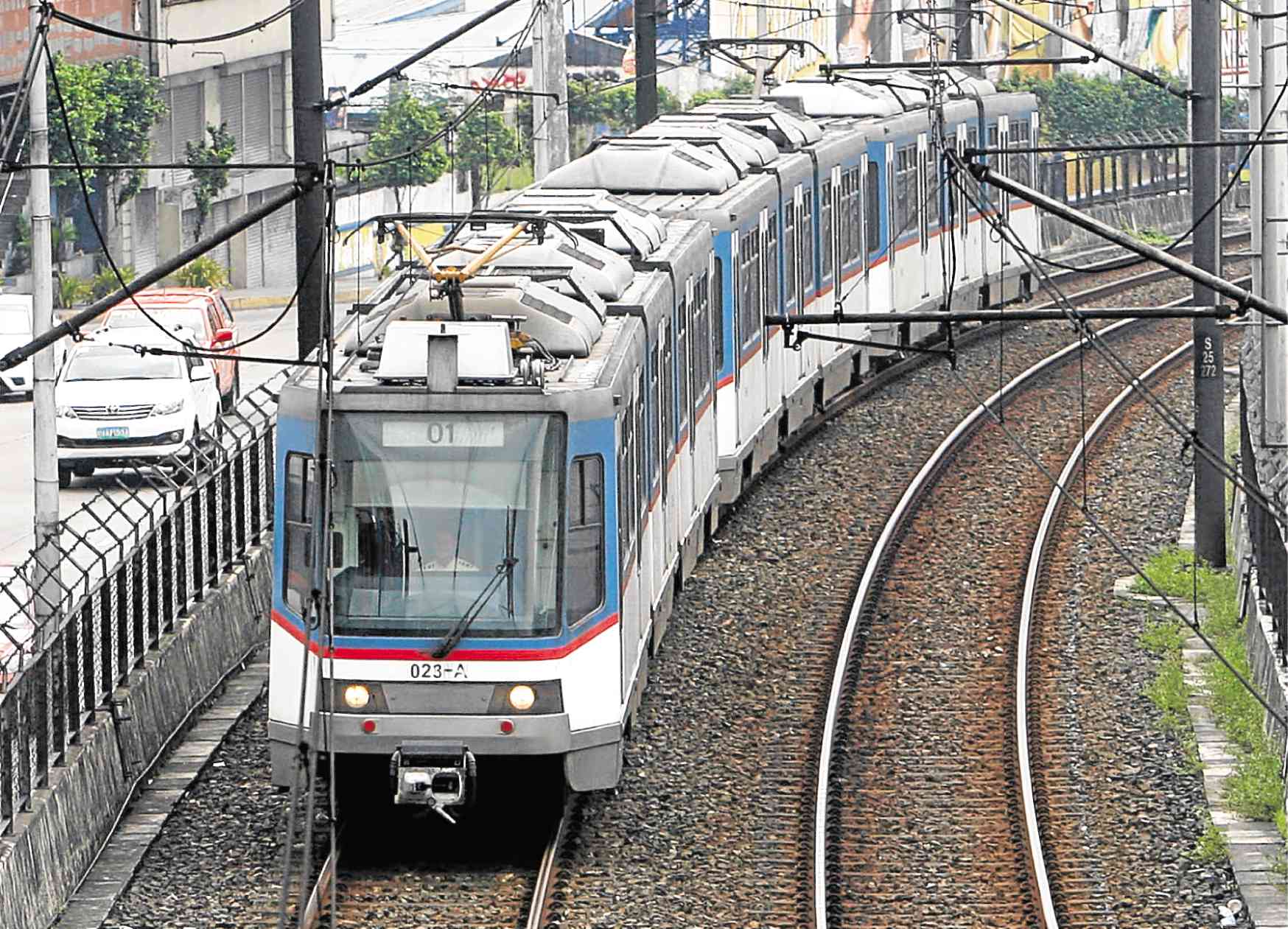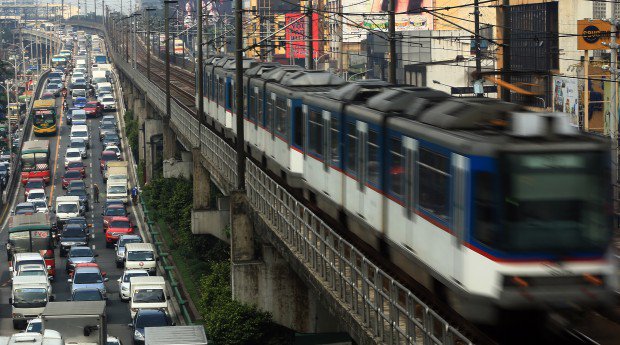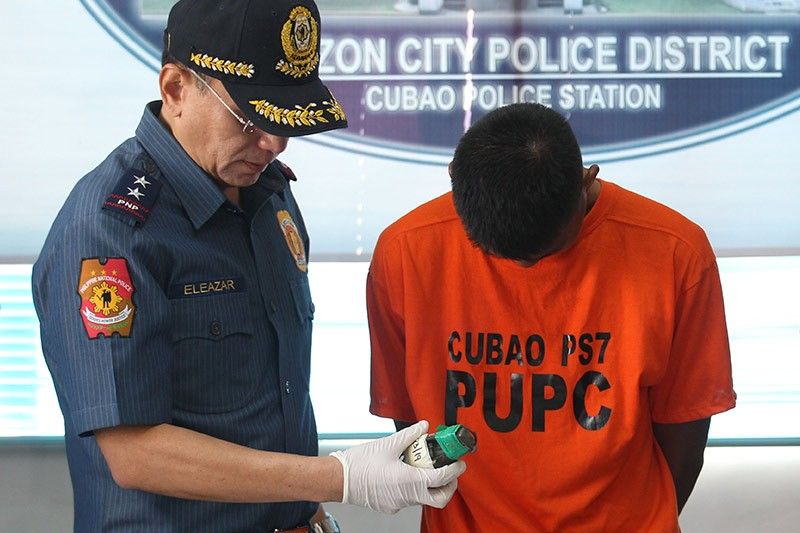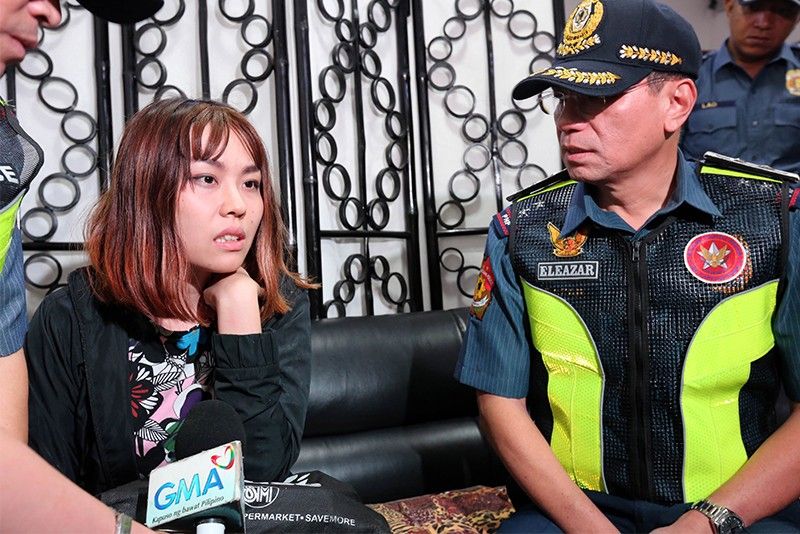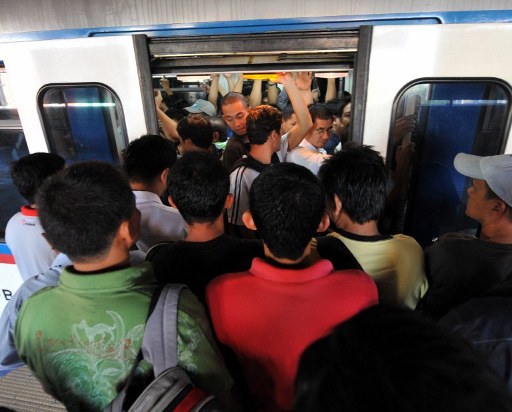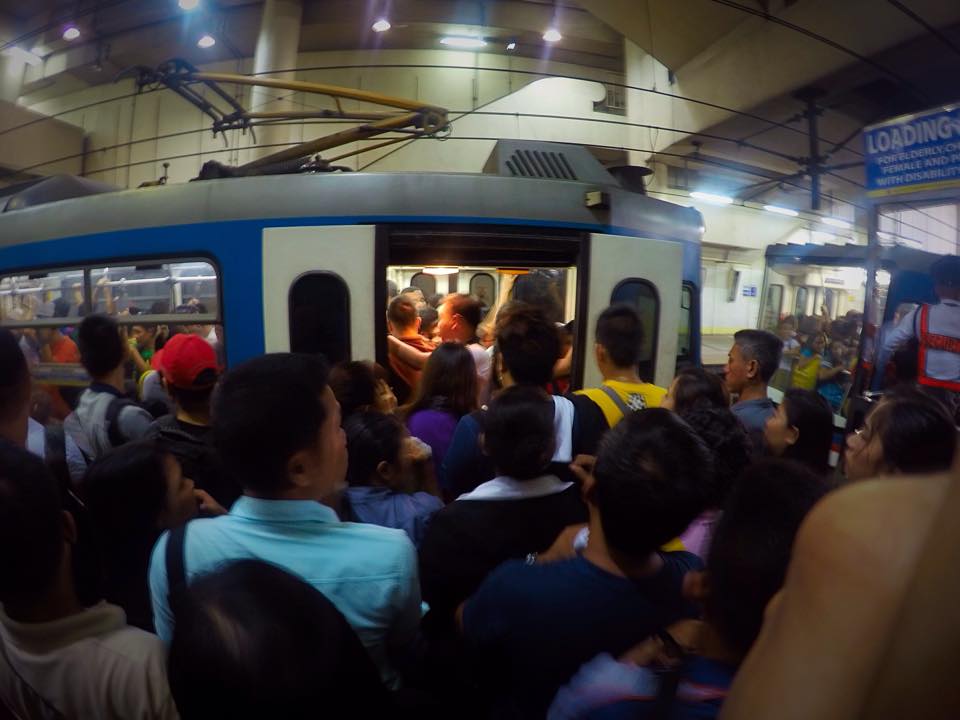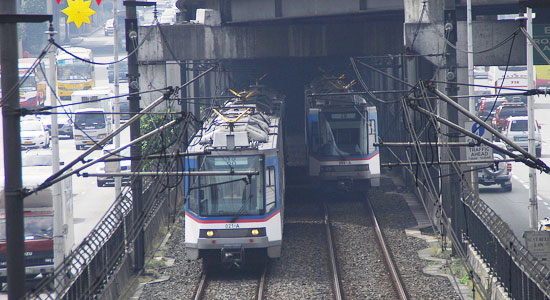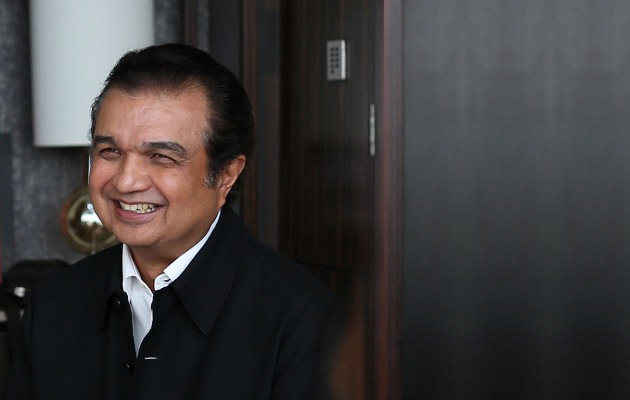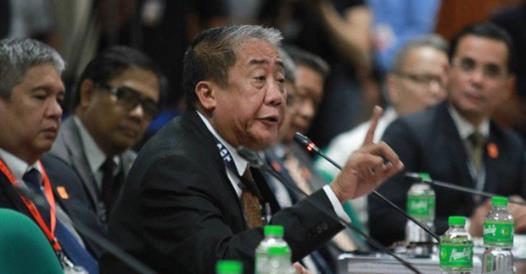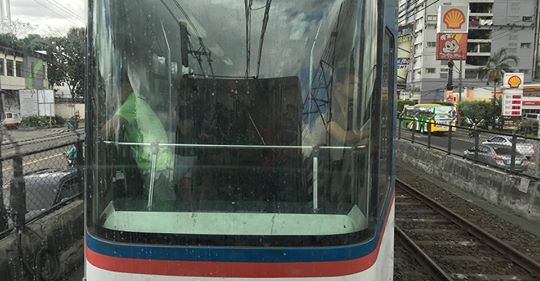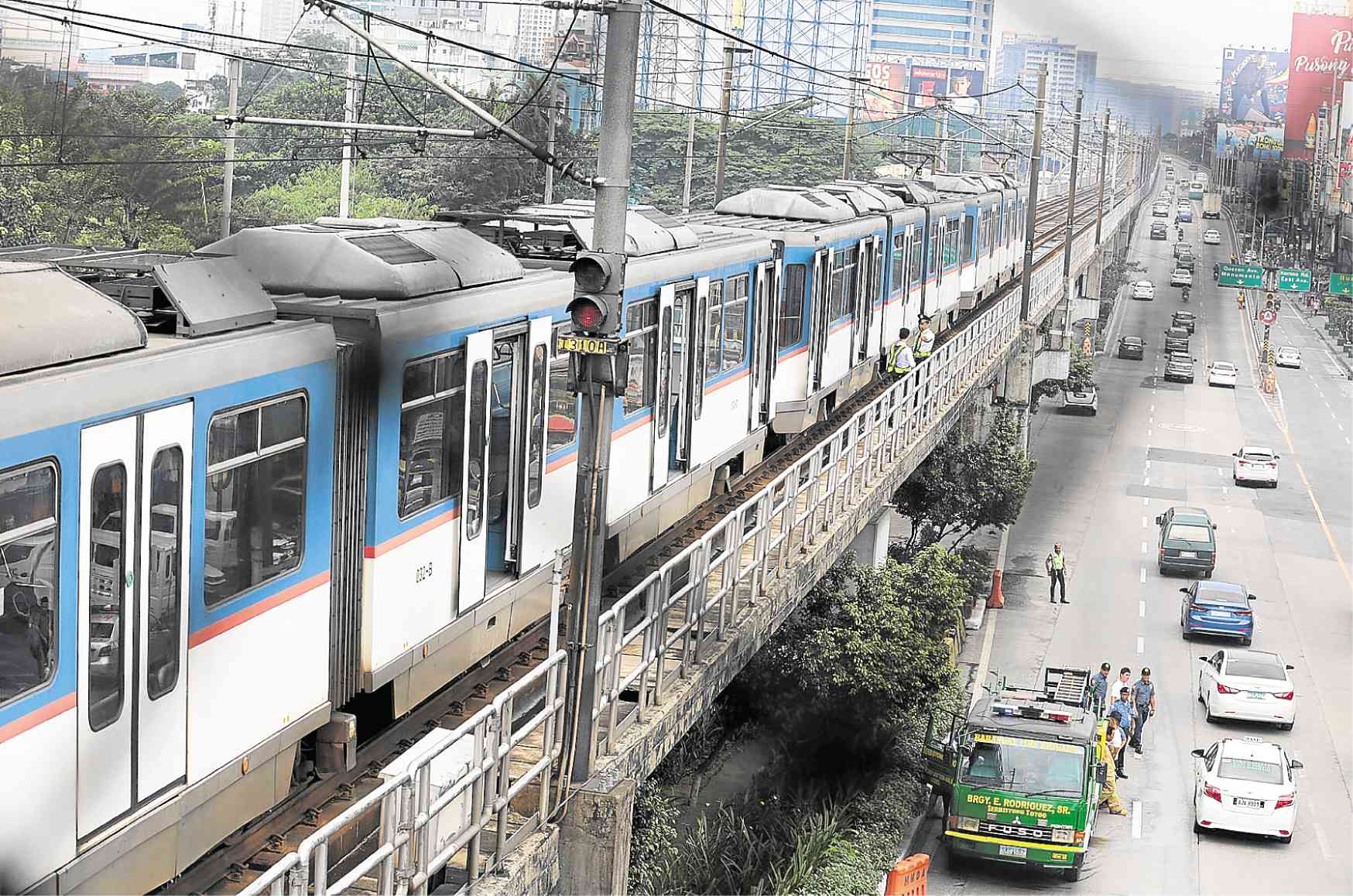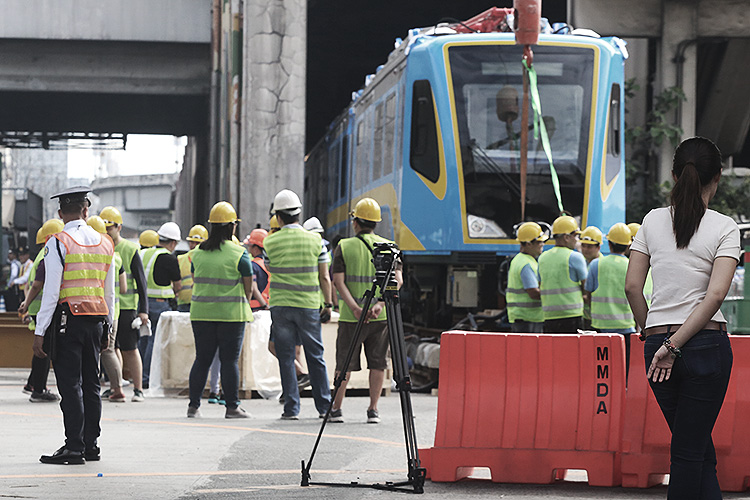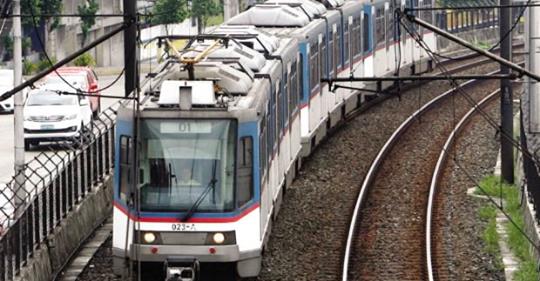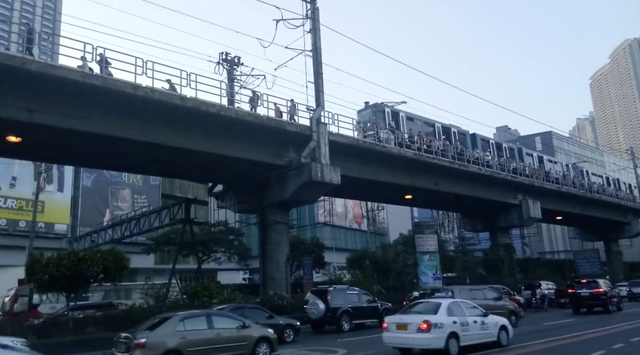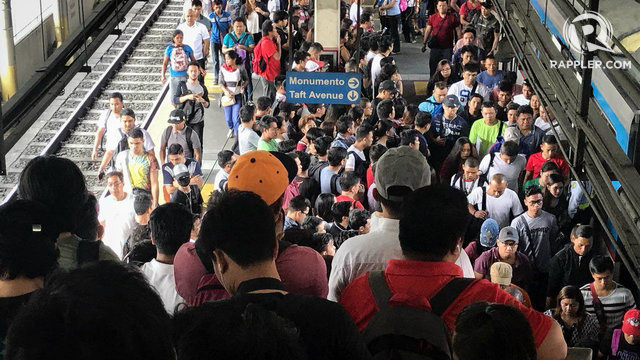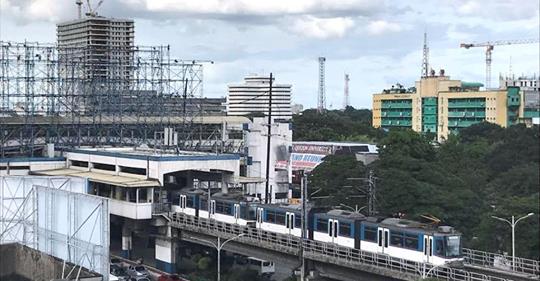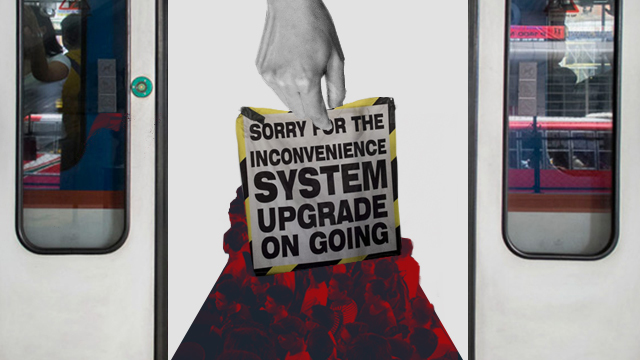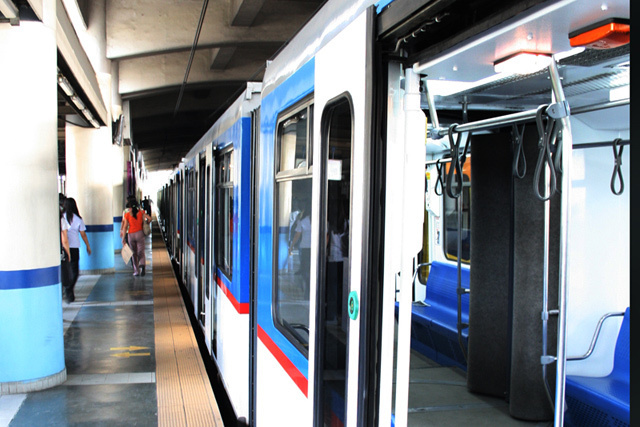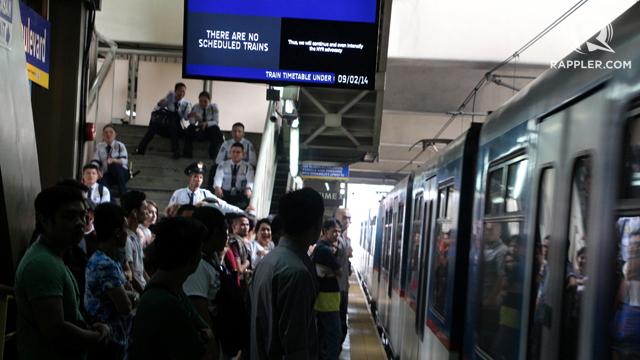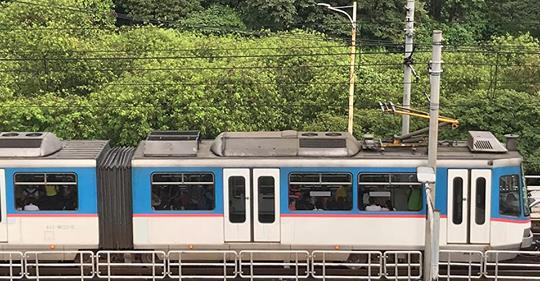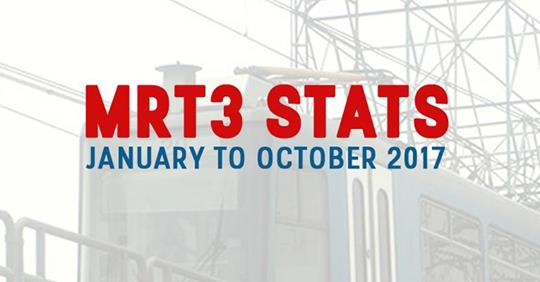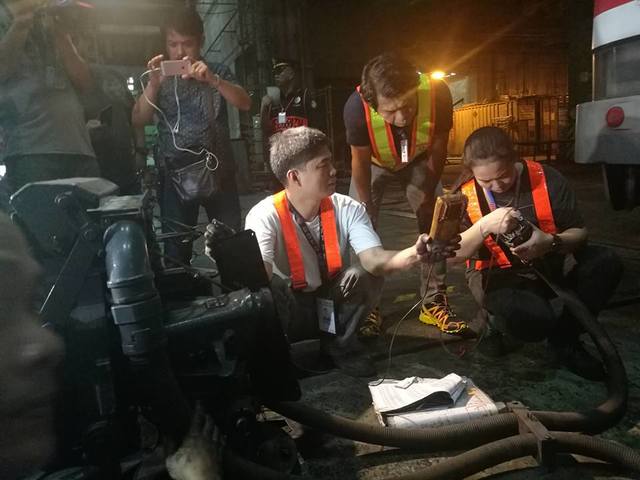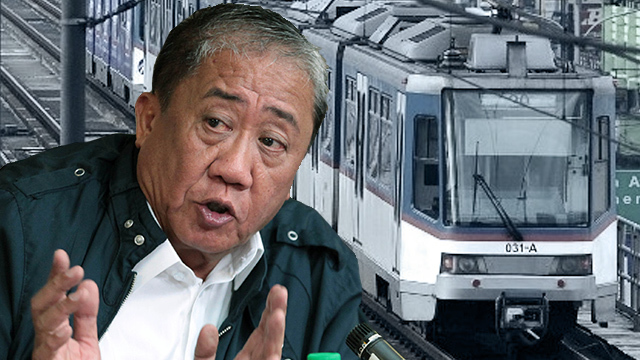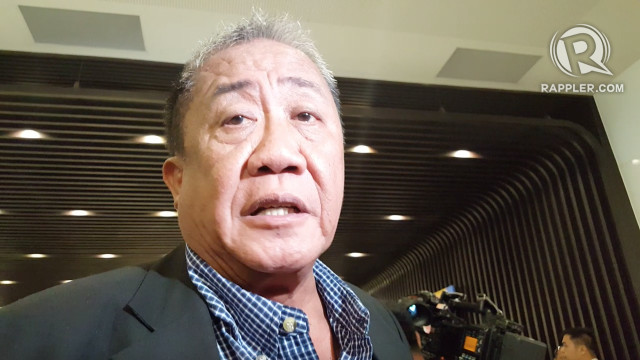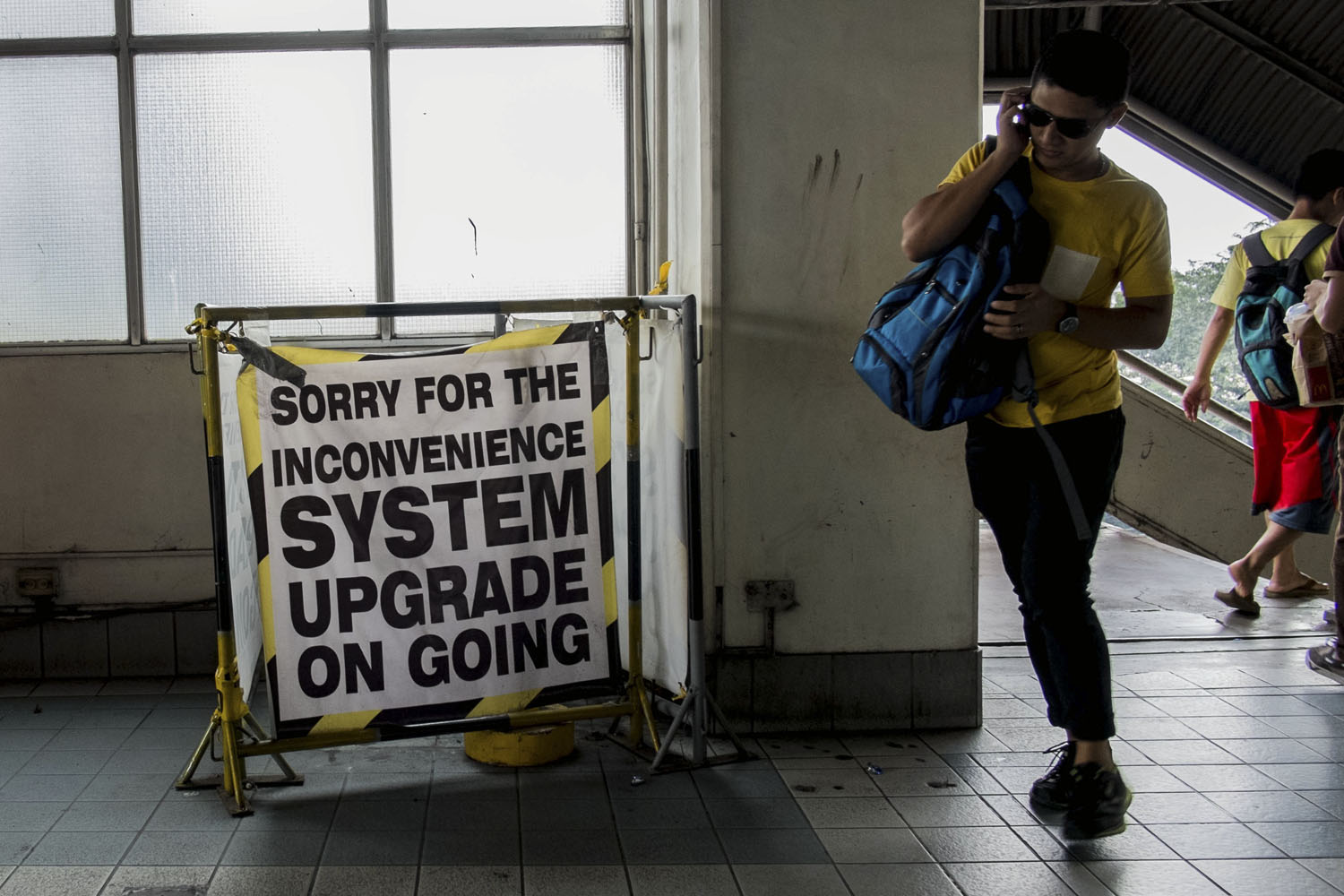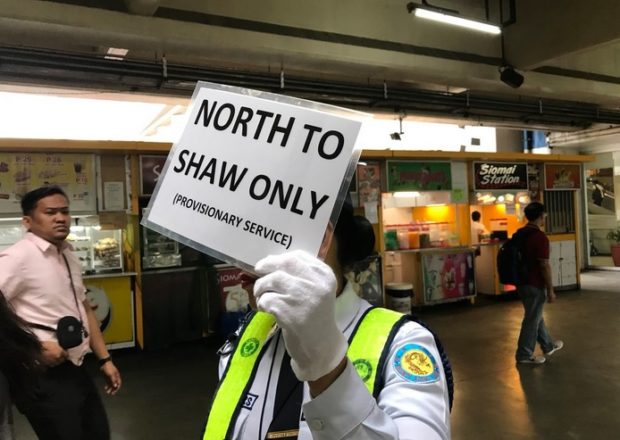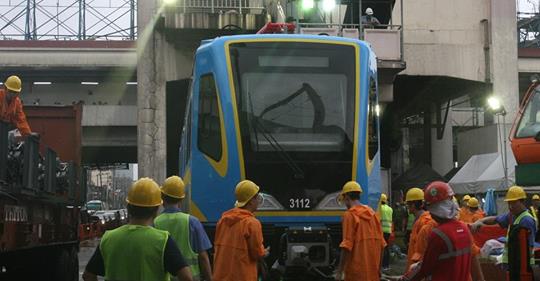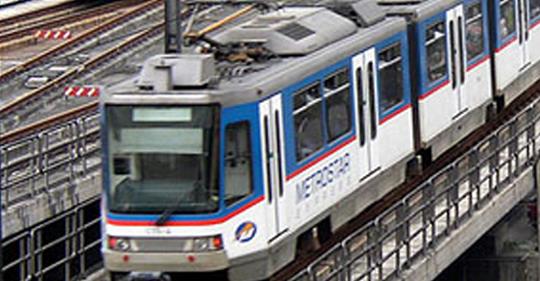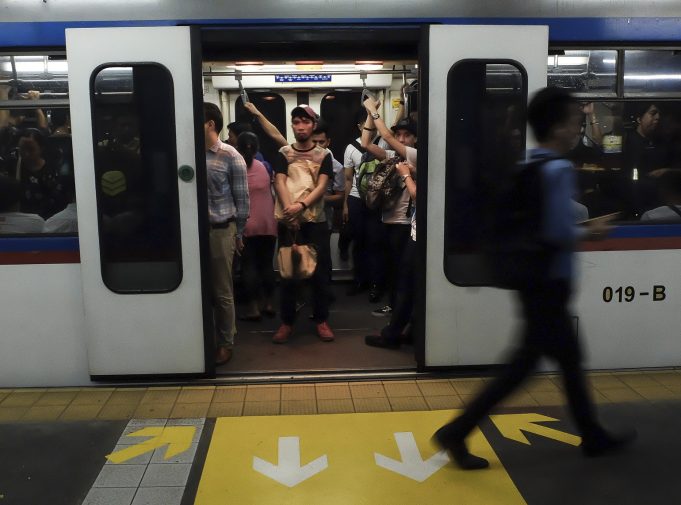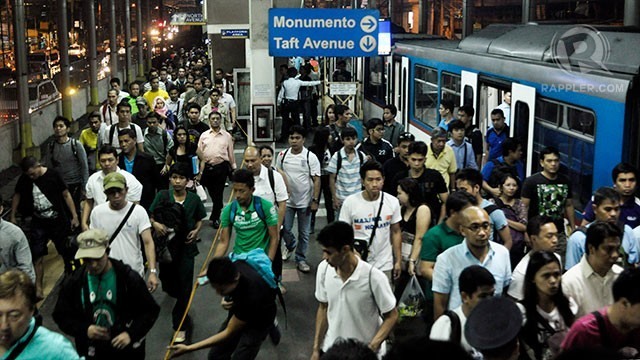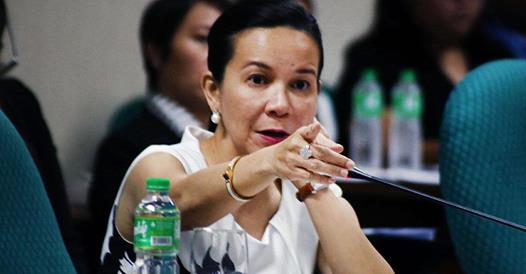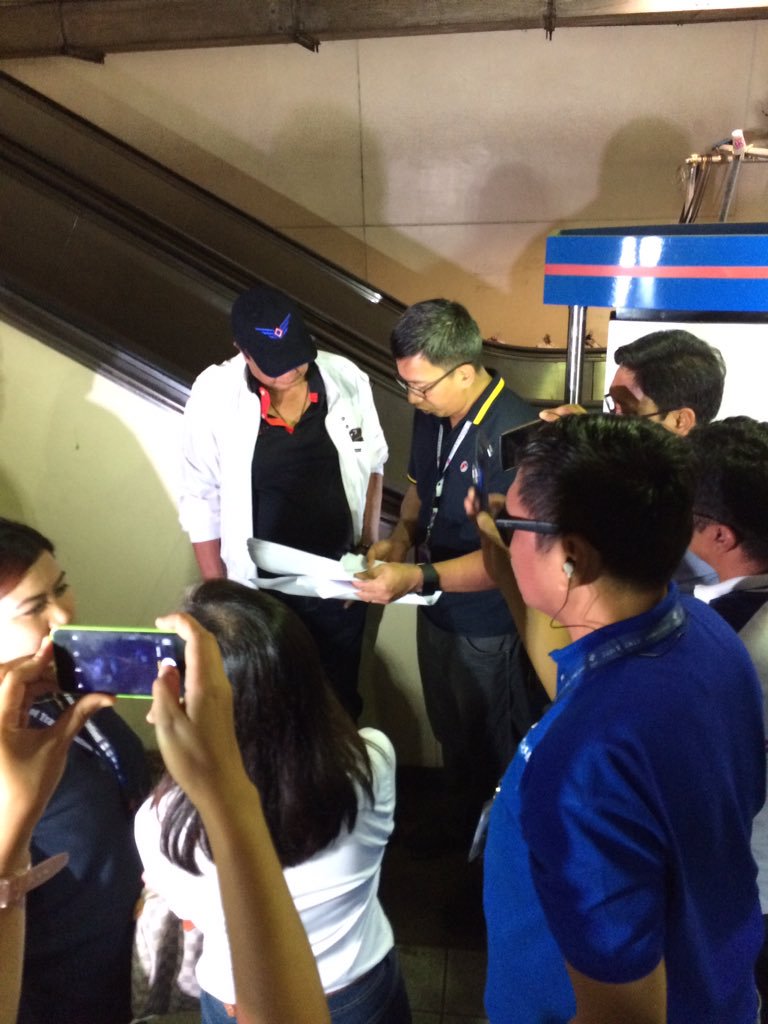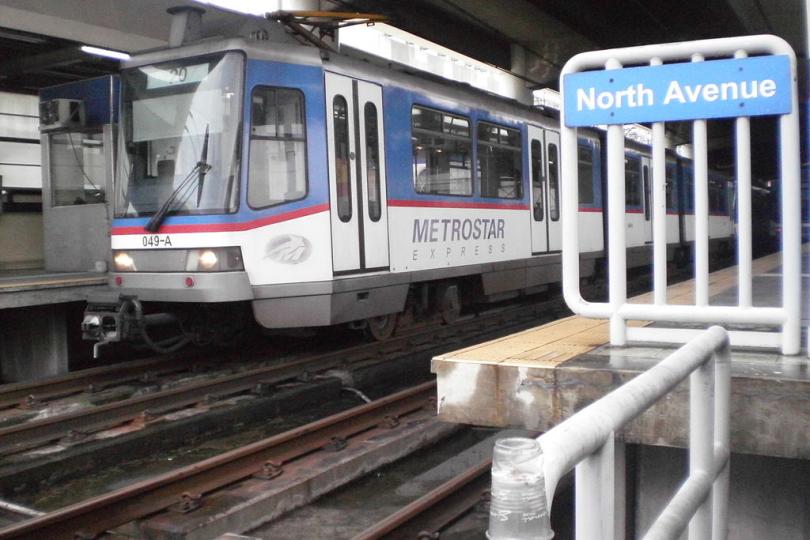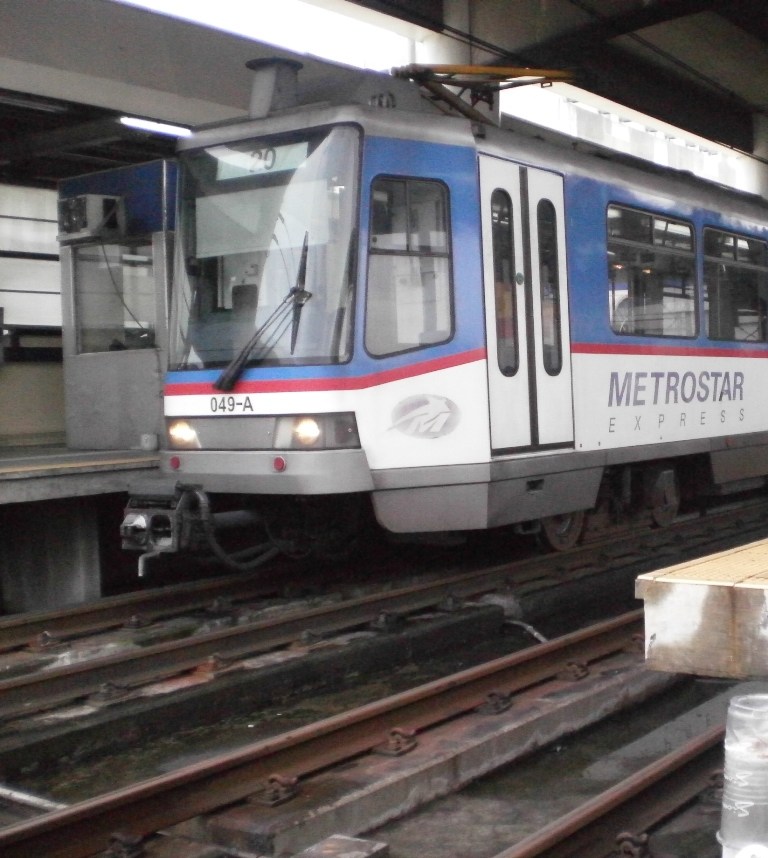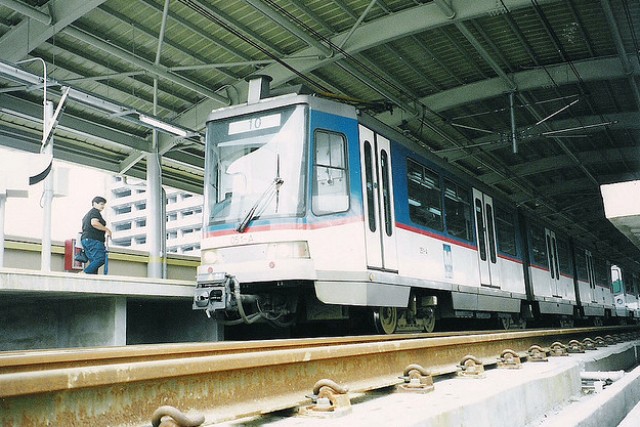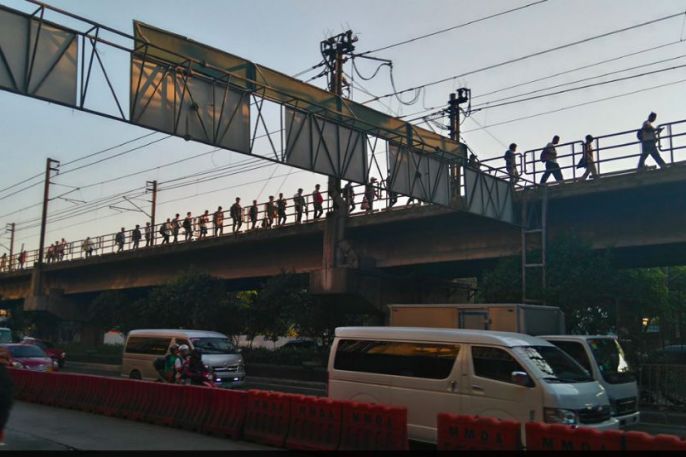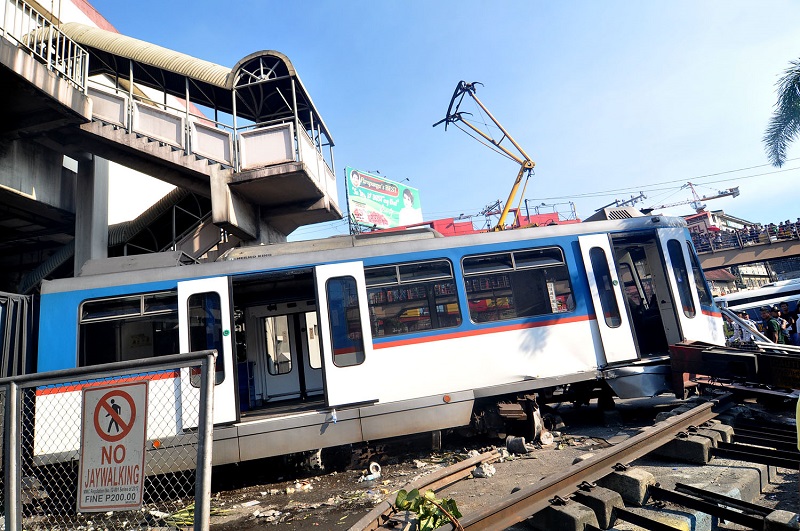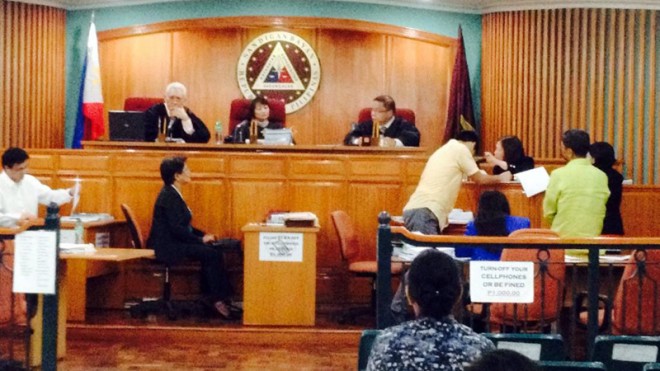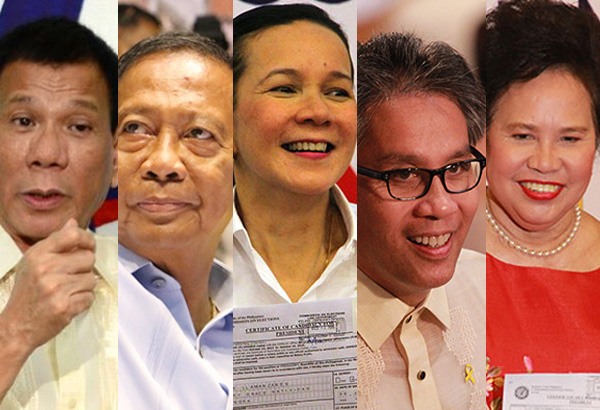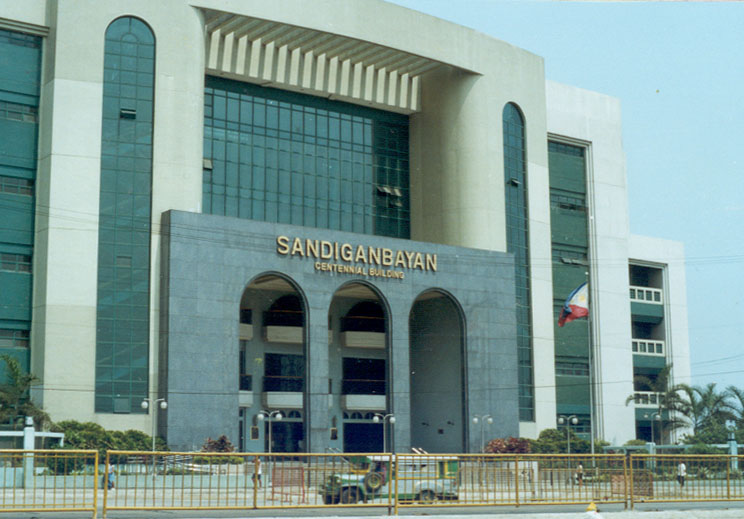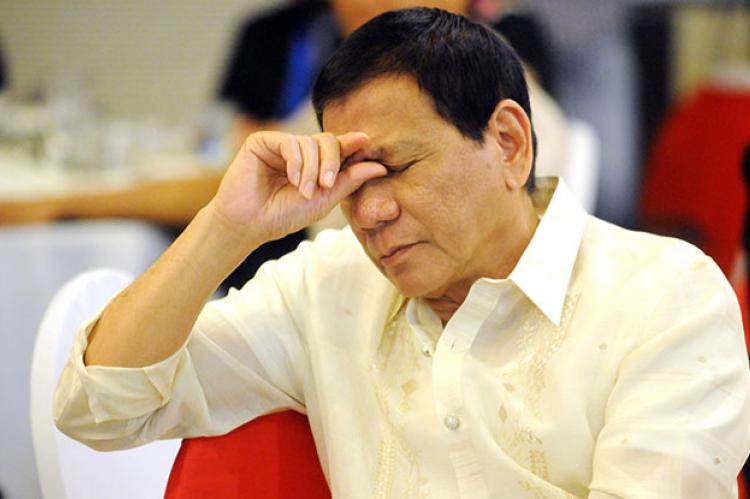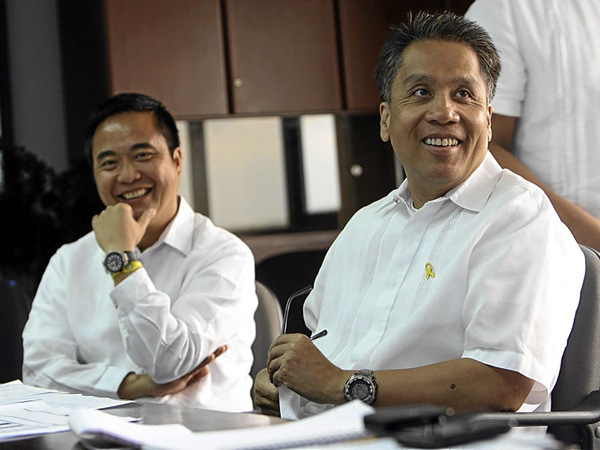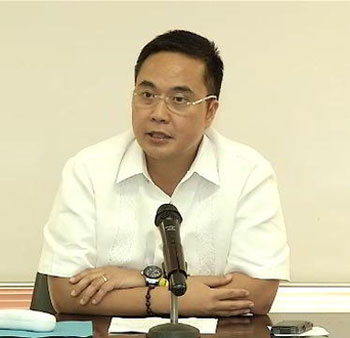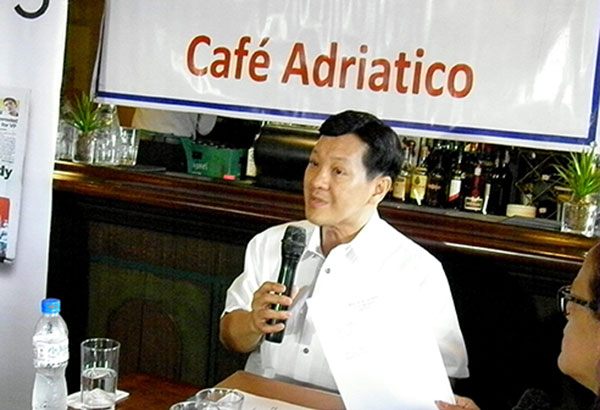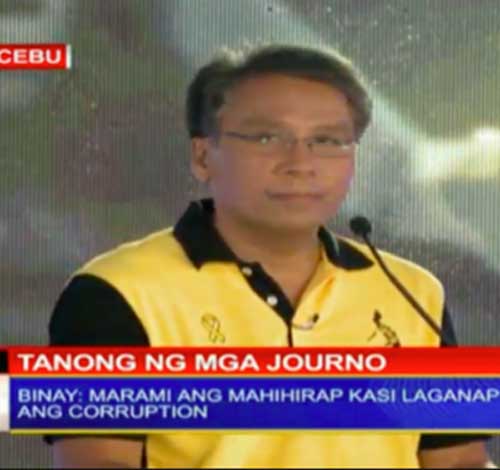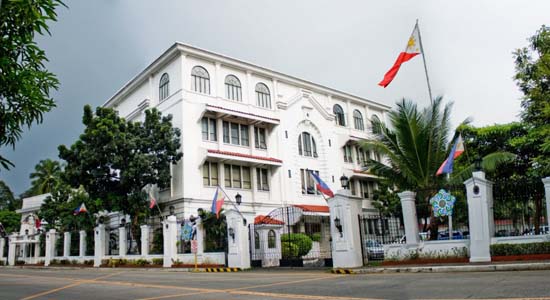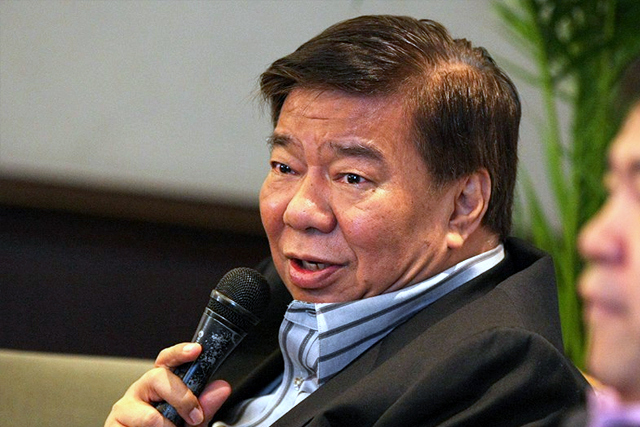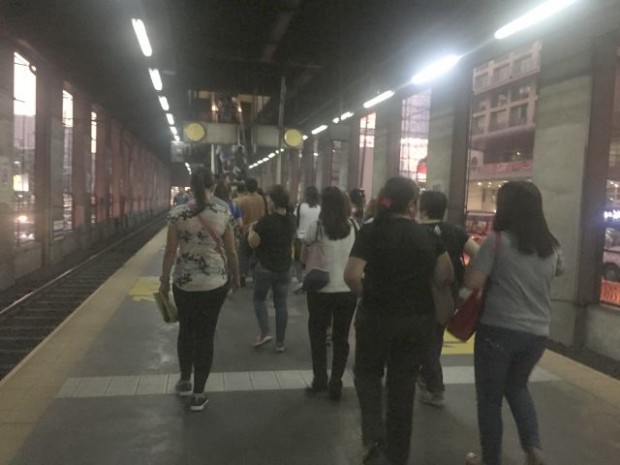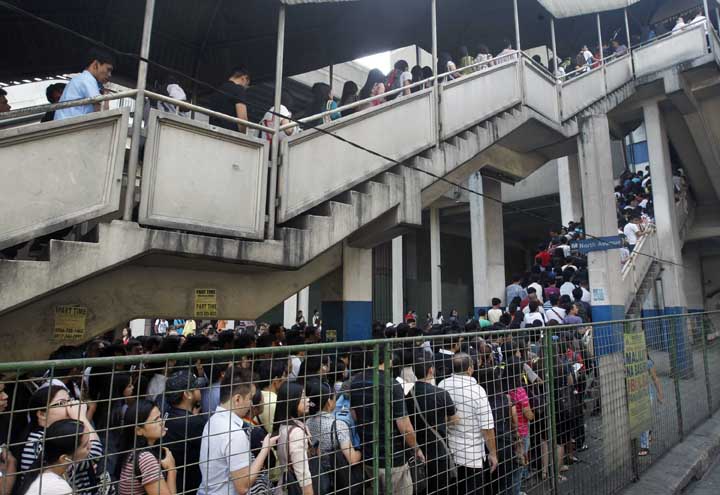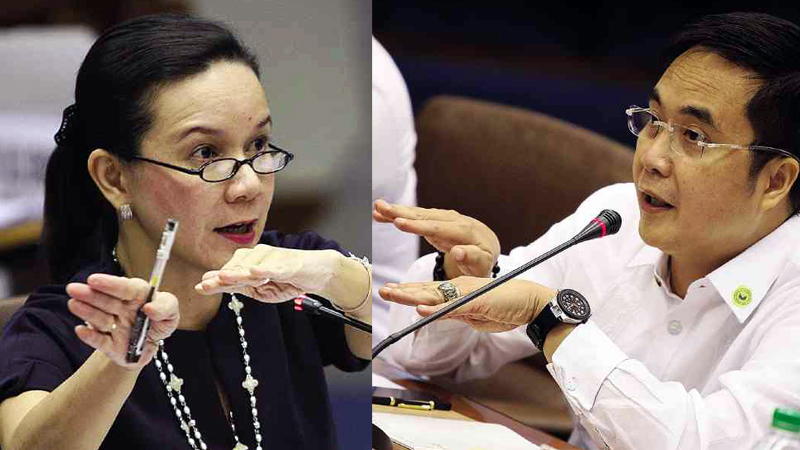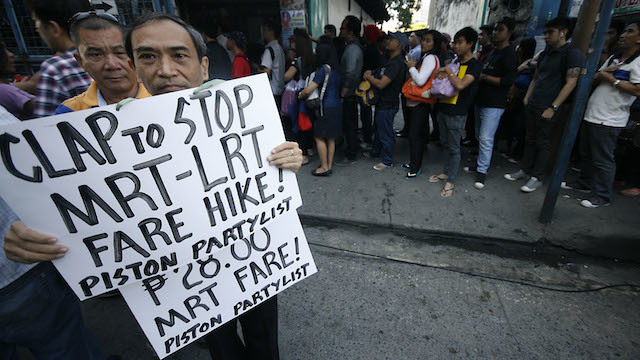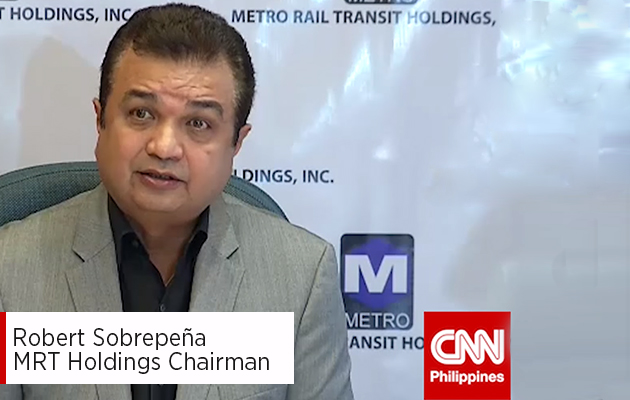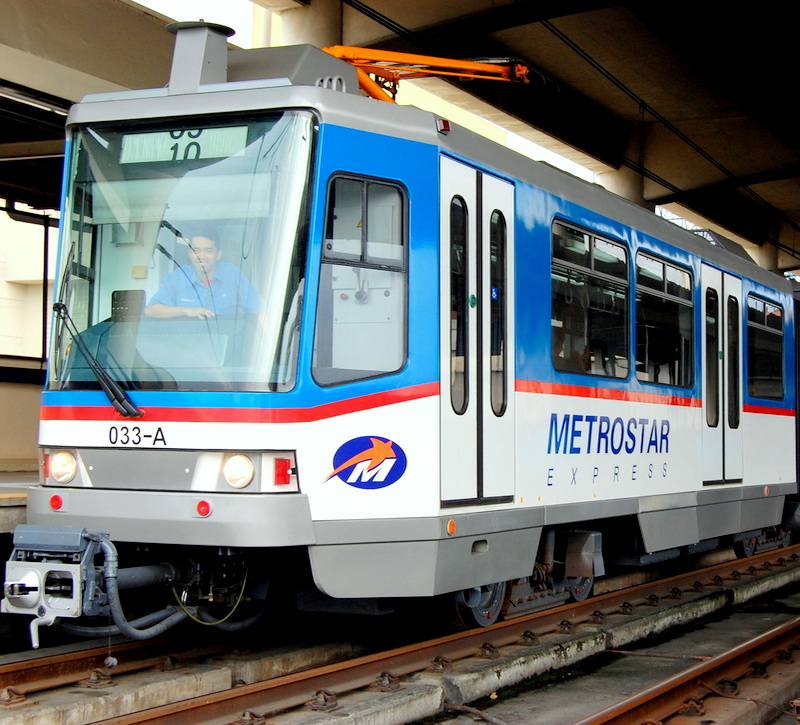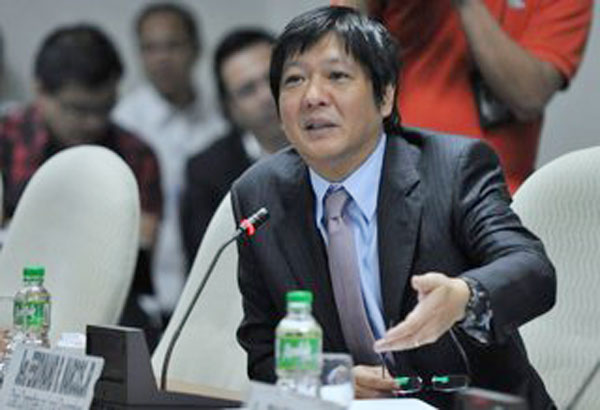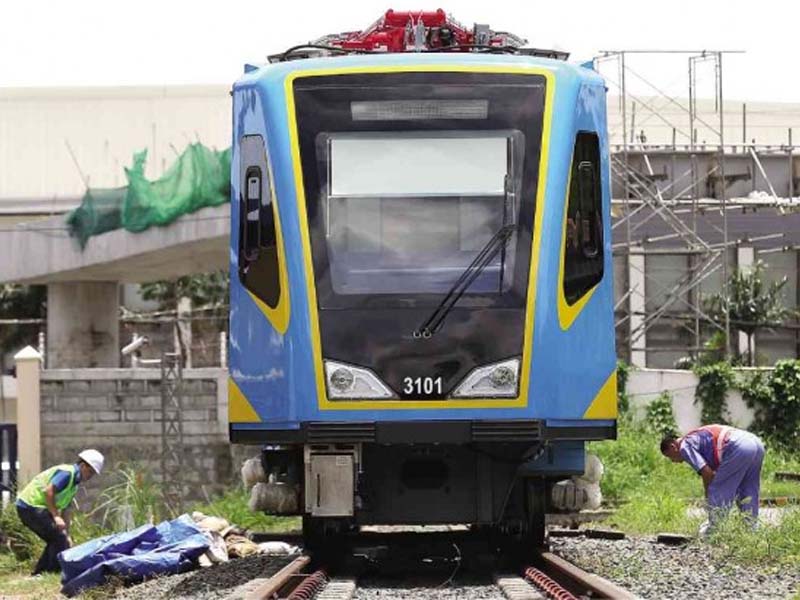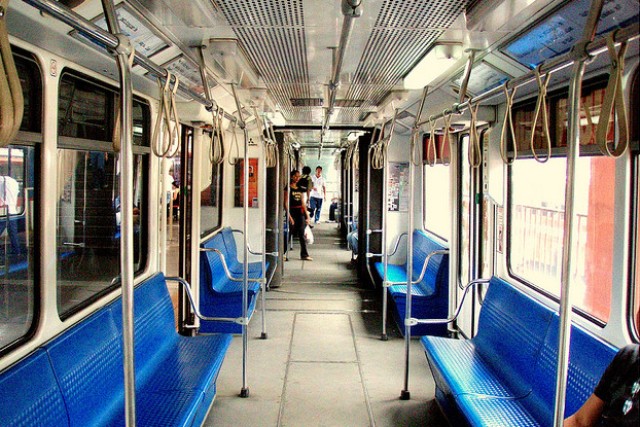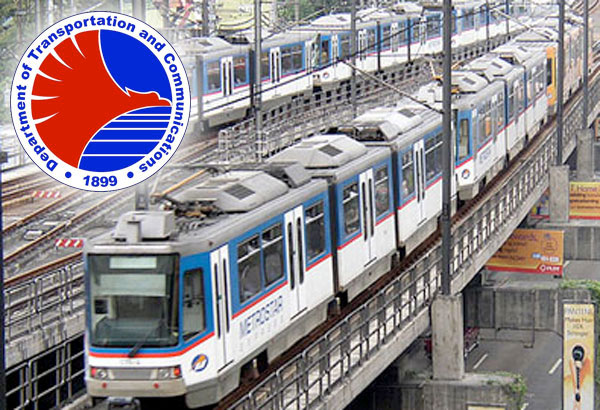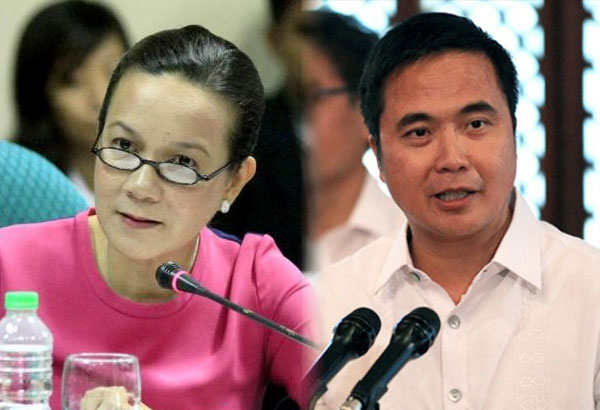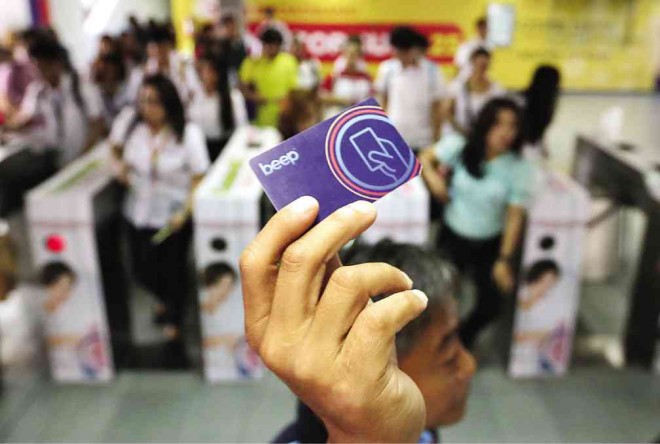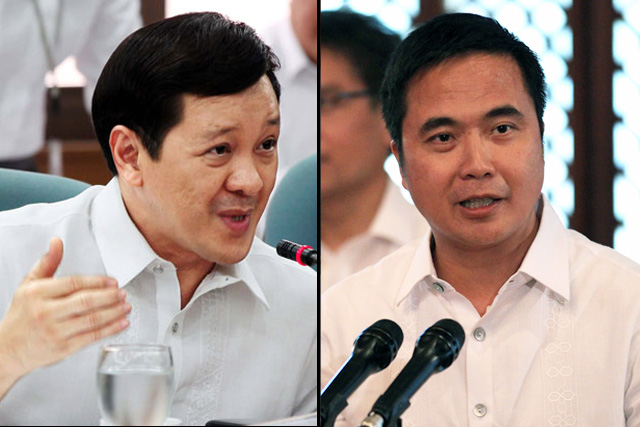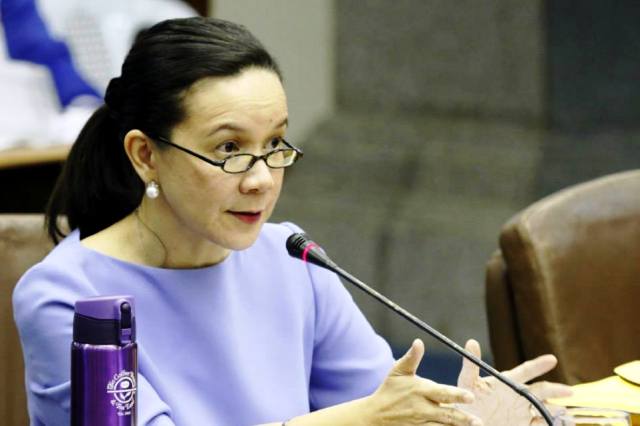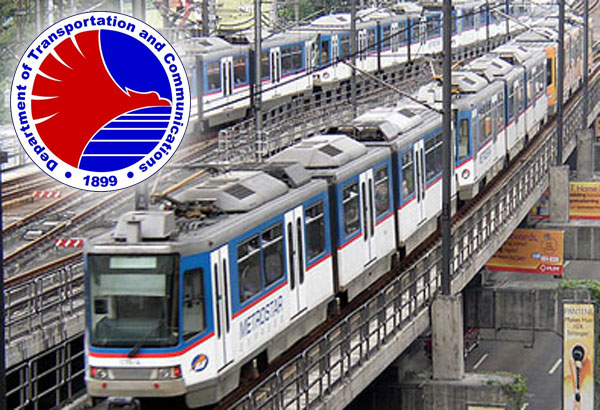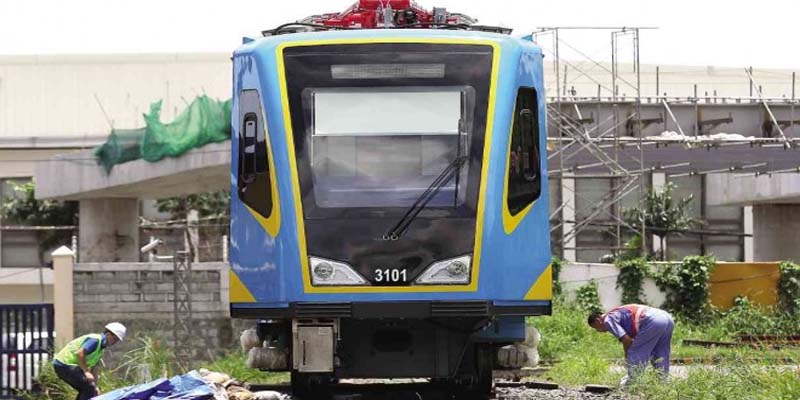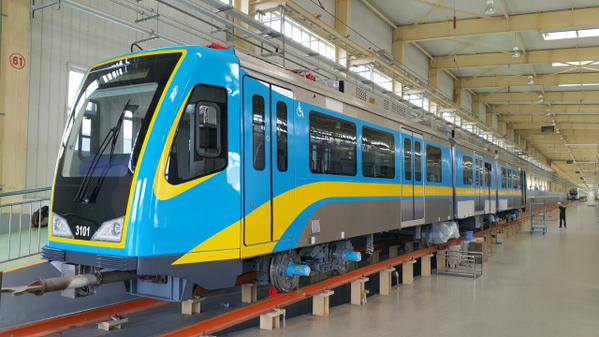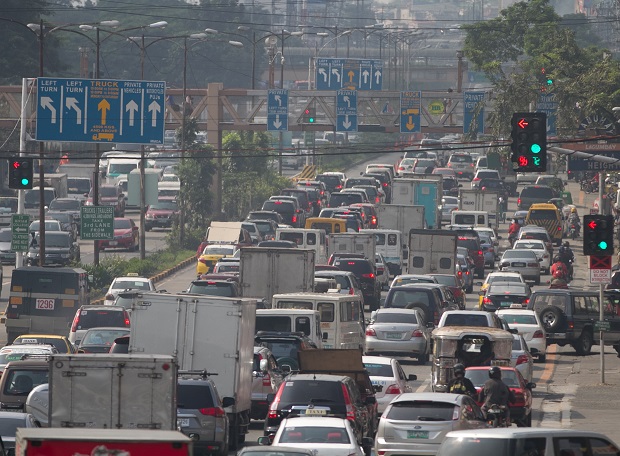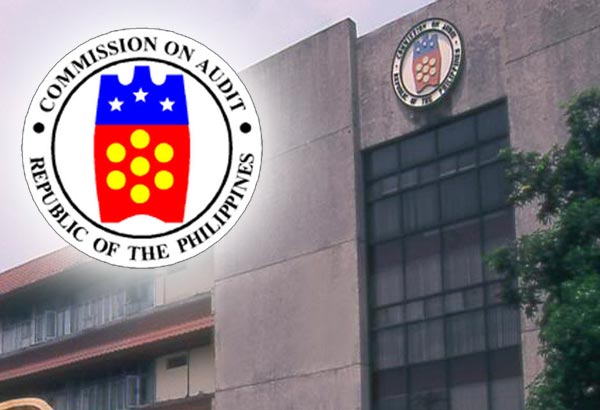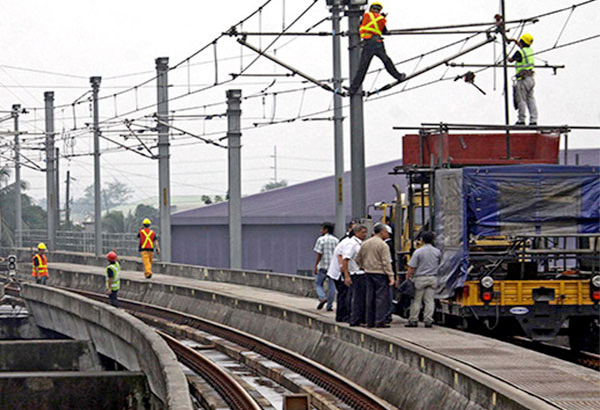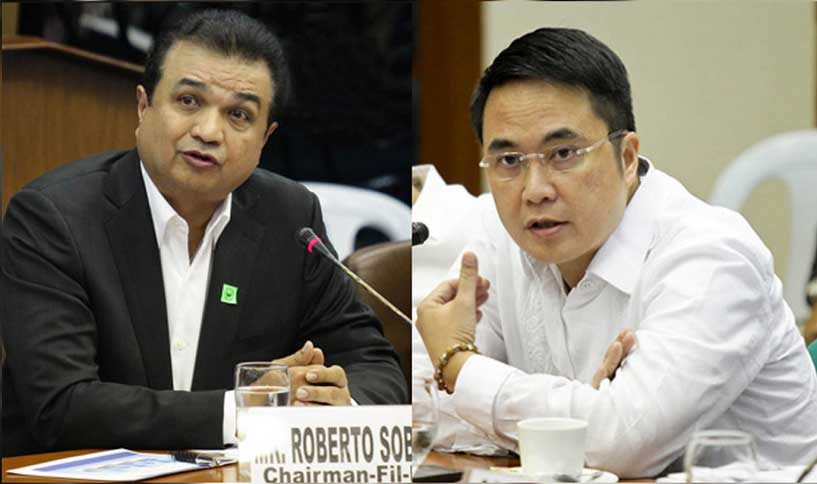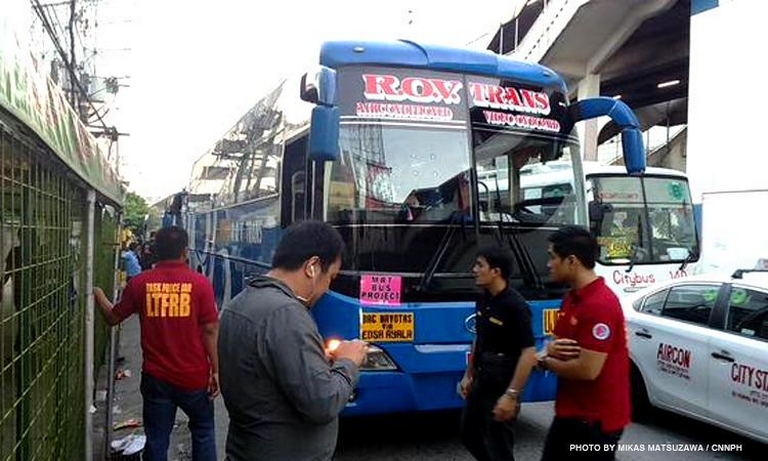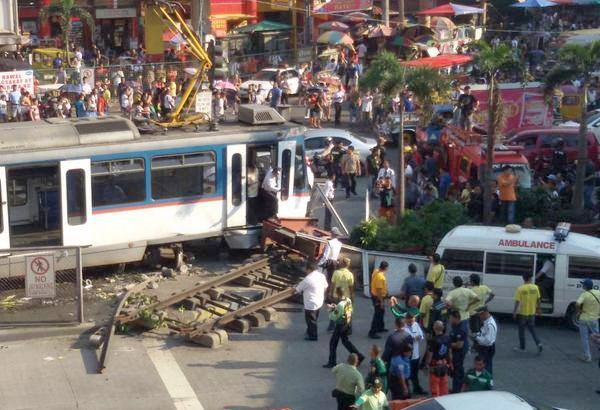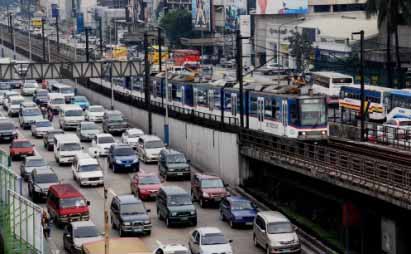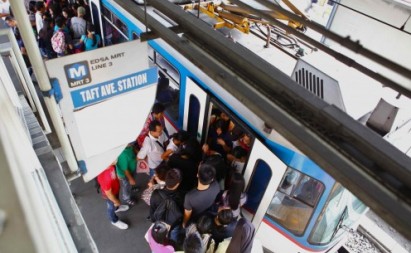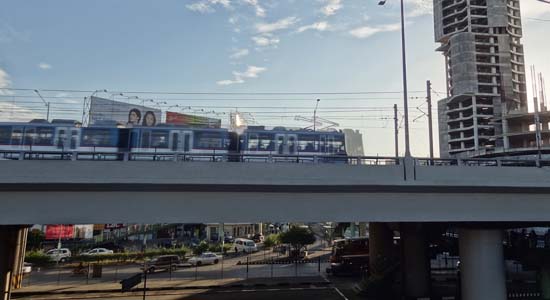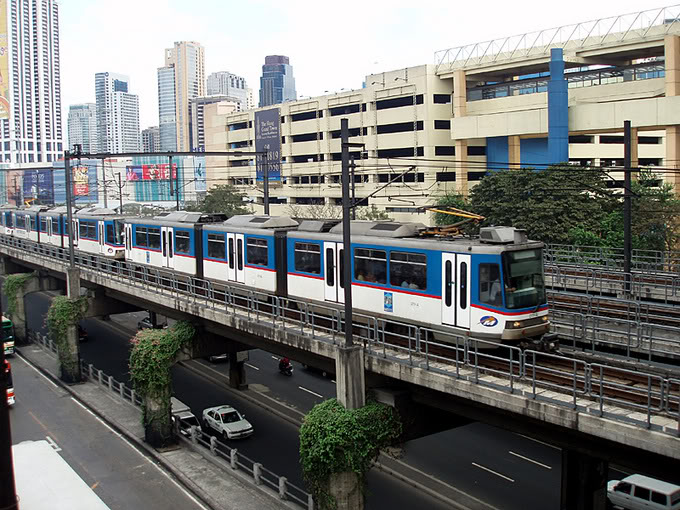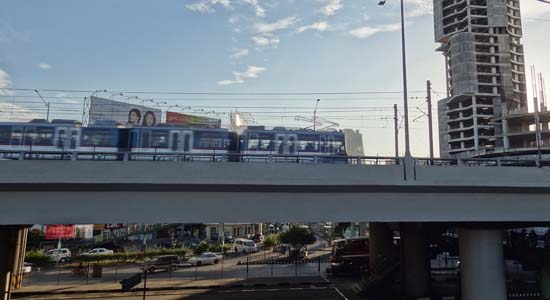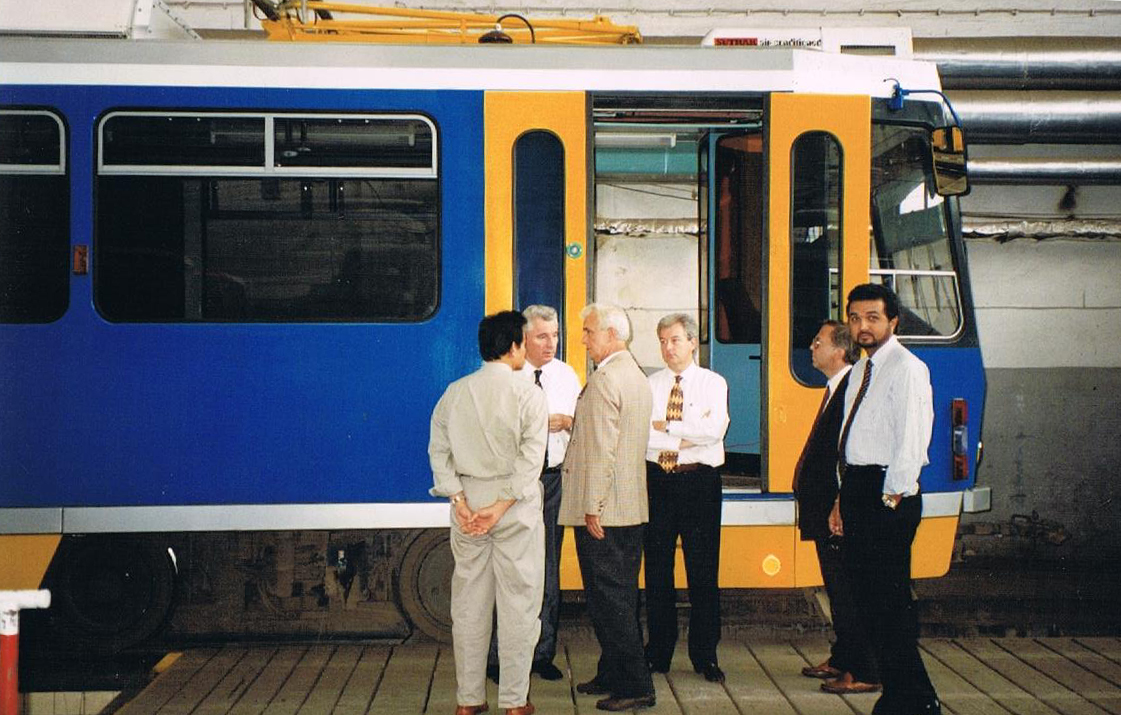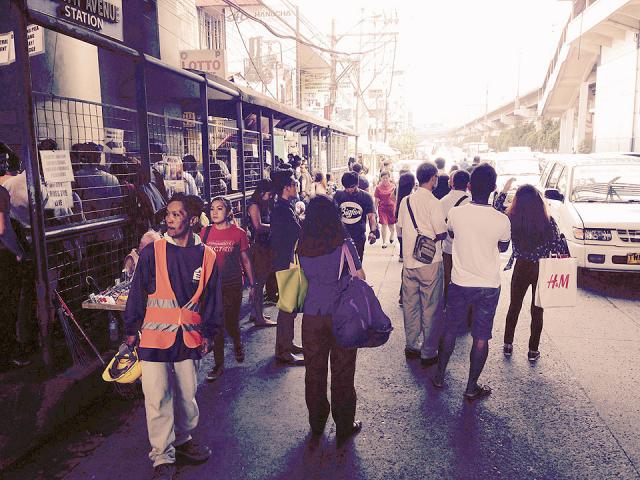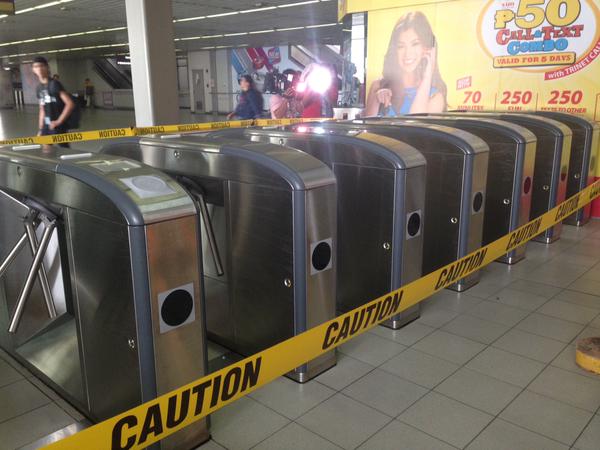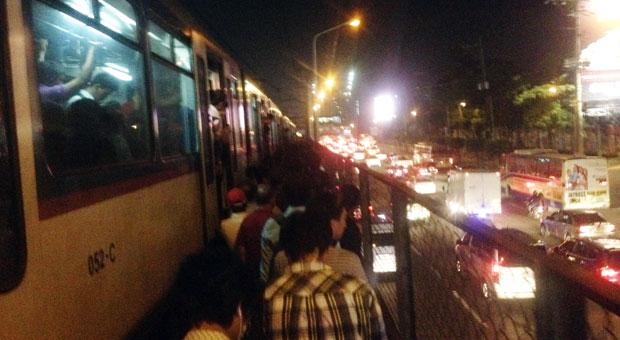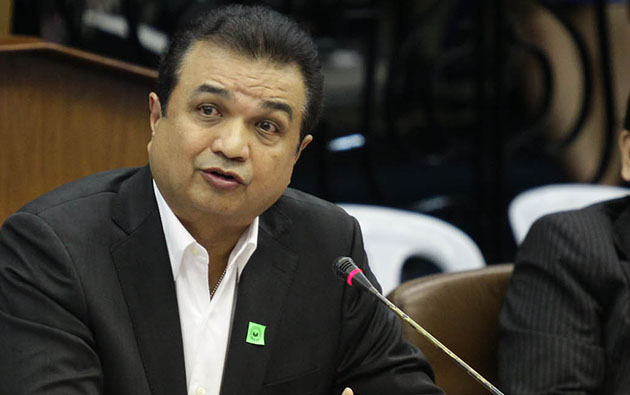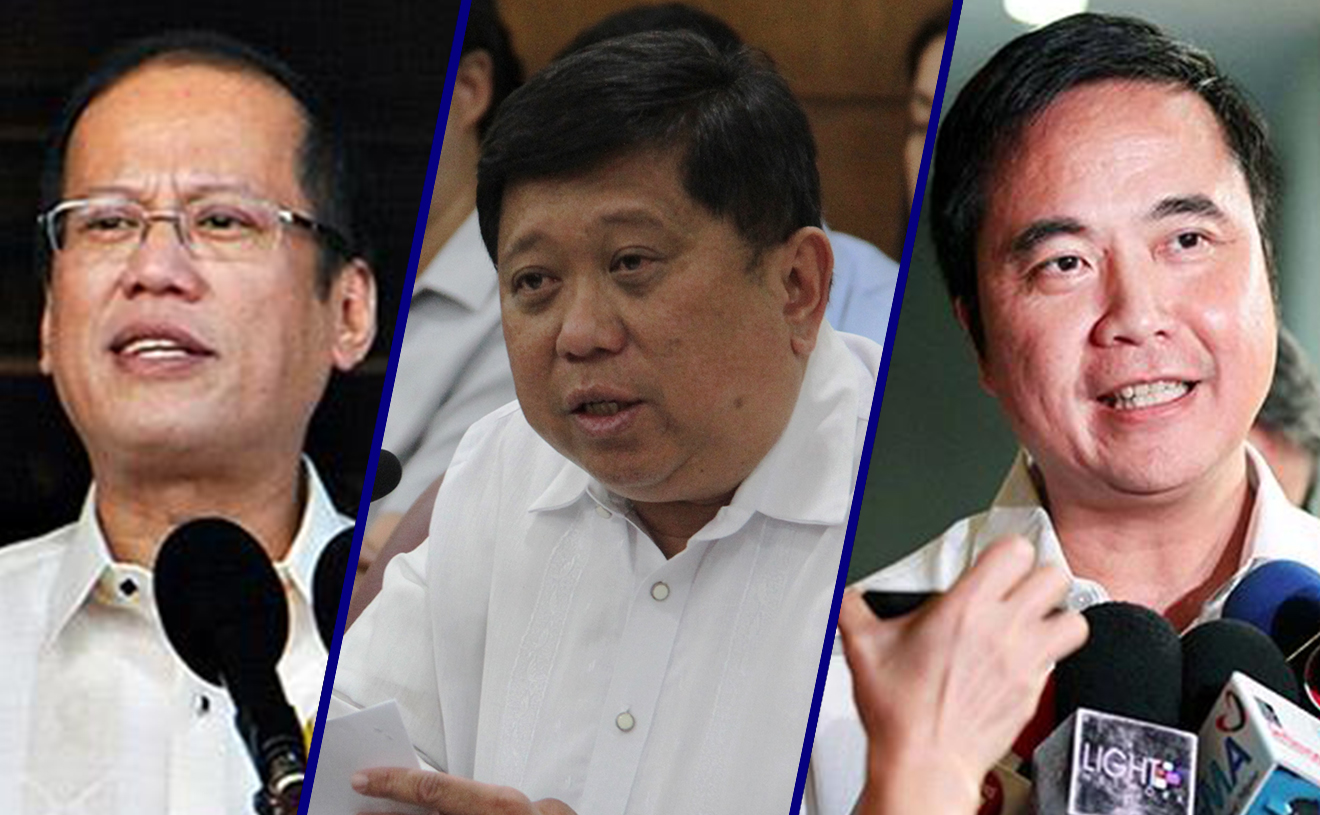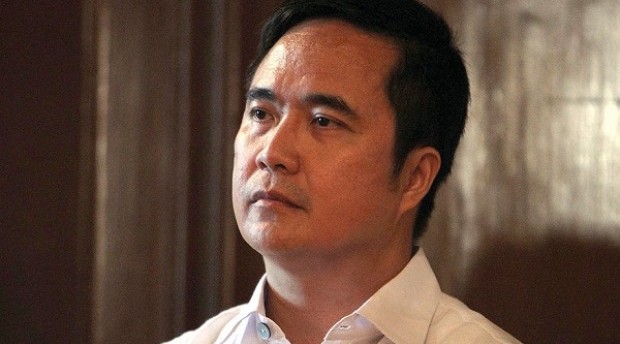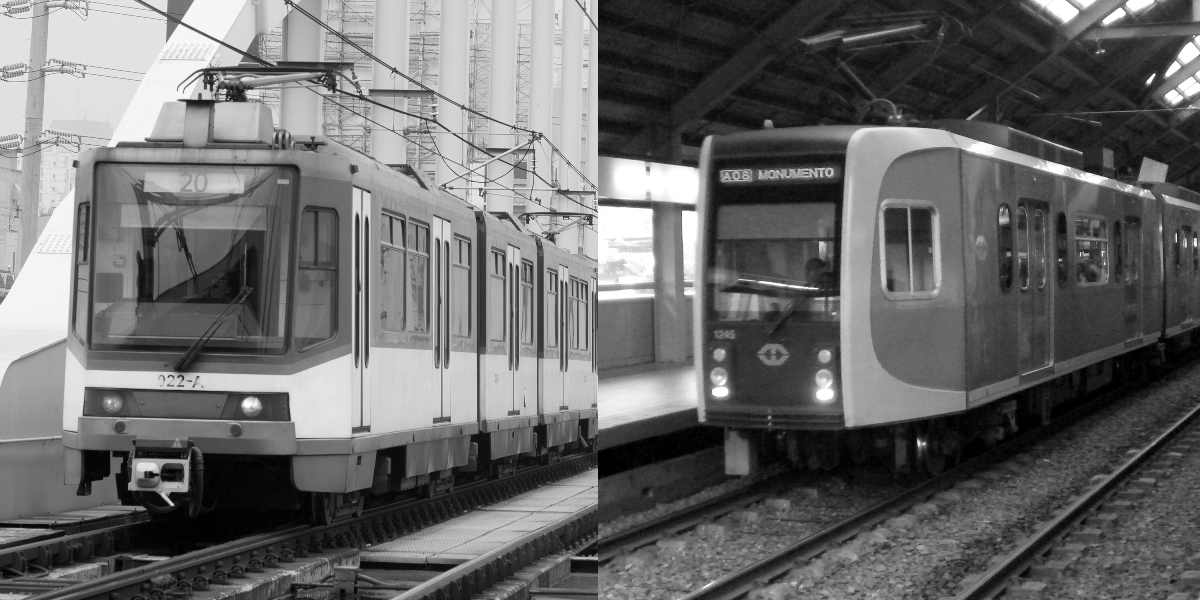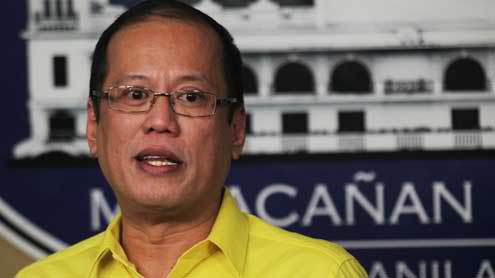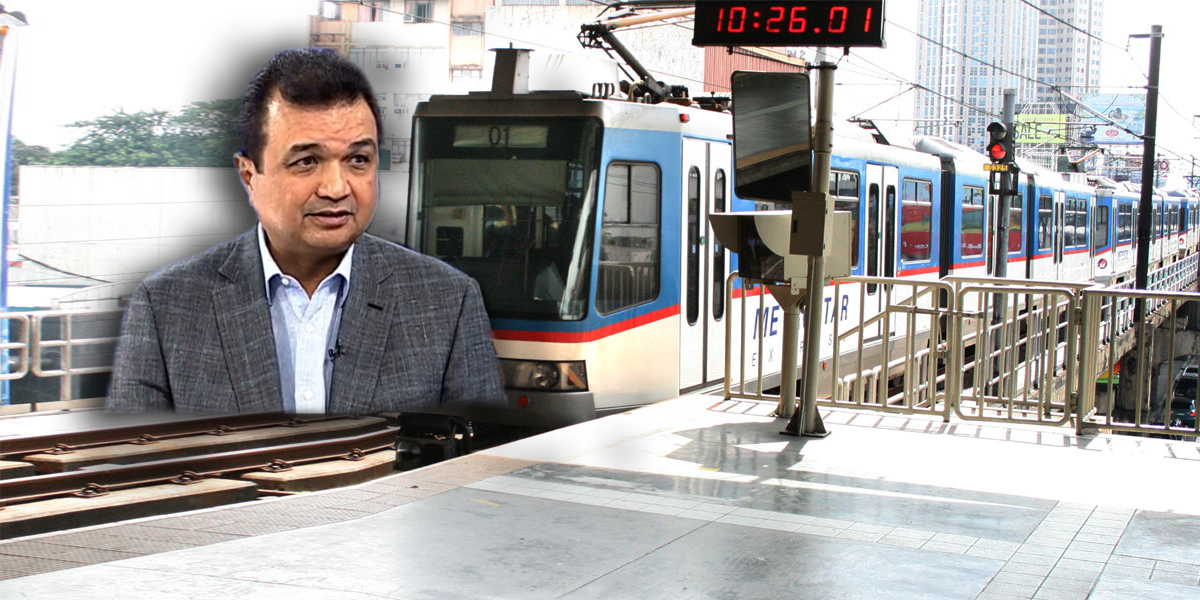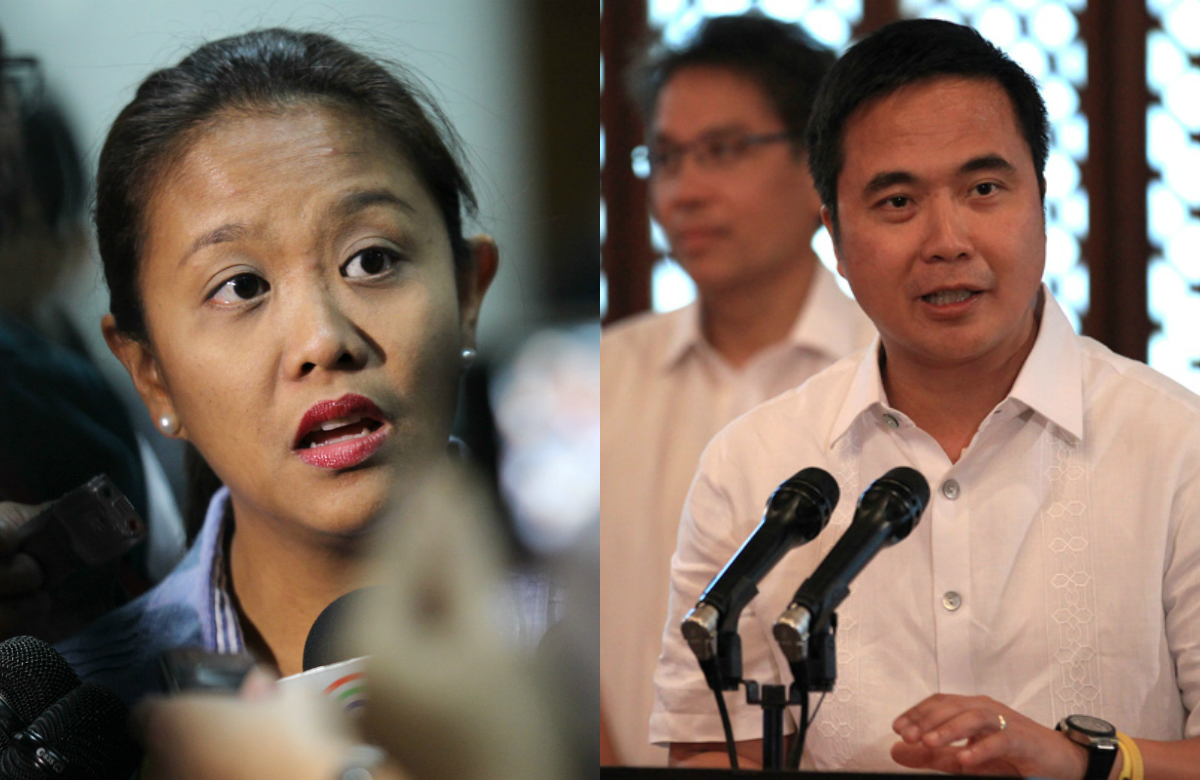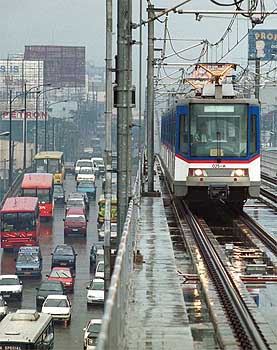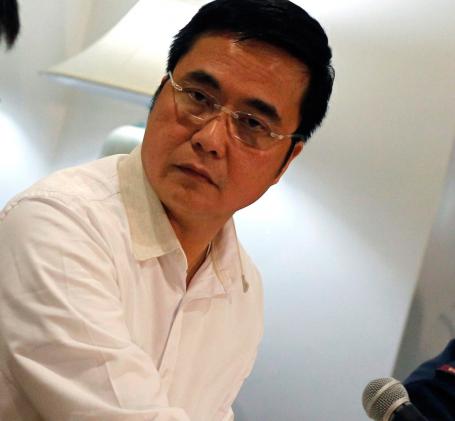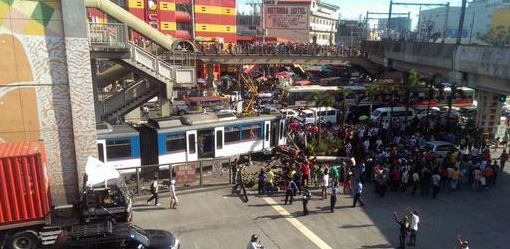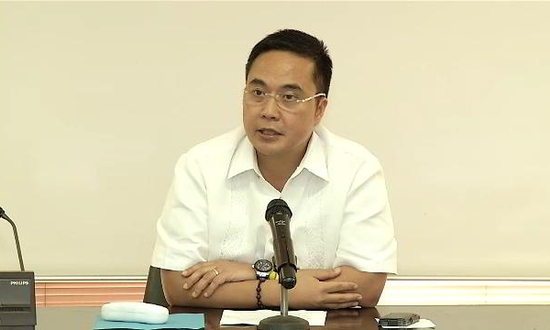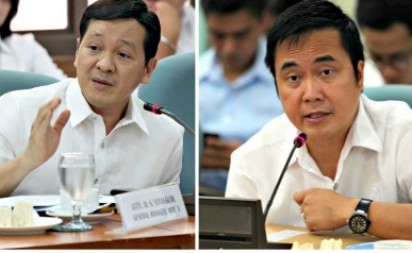By Mary Ann LL. Reyes (HIDDEN AGENDA) | The Philippine Star | October 26, 2014
Champions of the Public-Private Partnership (PPP) program who are still clueless about why the rebounding economy has not induced a proportionate measure of investor confidence in this centerpiece
program need only to look at how government agencies have been screwing up the program.
The Department of Transportation and Communications (DOTC) and the Bases Conversion and Development Authority (BCDA), for instance, are serial violators of long-term government deals with private contractors, and their notoriety have resulted to a spate of legal debacles—plus looming new ones—in court that have naturally spooked, and will continue to spook, prospective investors.
The DOTC has been locked in one arbitration case after another with the Metro Rail Transit Corp. (MRTC) over the former’s repeated violations of their 1999 Build-Lease-Transfer (BLT) deal covering MRT3. And it seems like DOTC is going to face legal challenge from the SM Group over the department’s controversial decision to transfer the proposed MRT Common Station from SM City to nearby Trinoma Mall owned by Ayala Corp. This is allegedly in violation of the 2009 agreement approved by the National Economic and Development Authority (NEDA) and despite SM’s payment of a P200-million “naming rights” fee to the DOTC as part of the original package.
This same department has also questionably pushed for the re-nationalization of MRT3 via its P54-billion government buyback dubbed the Equity Value Buyout (EVBO). It has also snubbed all five proposals by the MRTC to purchase additional trains at no cost to Filipino taxpayers and instead went ahead with awarding a P3.8-billion contract to Dalian Locomotive and Rolling Stock Co. to supply 48 new Light Rail Vehicles (LRVs) even if this Chinese firm has had no experience in manufacturing the European-type trains and coaches used by MRT3.
BCDA, meanwhile, is feuding with the SM Group over the development of a 33-hectare portion of Bonifacio Global City (BGC) after the agency dumped the competitive challenge initiated by SM Land Inc. (SMLI) in favor of a public bidding. The Supreme Court (SC) ordered BCDA last August to abide by its original agreement with SMLI on a competitive challenge for the development of BGC’s South Pointe property, fretting in its ruling that doing otherwise could turn away investors eyeing PPPs.
We are not talking about private bidders fighting against each other. We have here government agencies making it very difficult for its partners and would-be partners to do business.
It is worse at the John Hay special economic zone (JHSEZ) in Baguio City, where the BCDA has declared an all-out war against JHSEZ developer, the Camp John Hay Development Corp. (CJHDevco).
Just a week ago, the Court of Appeals upheld an earlier decision of the Baguio City RTC ordering the BCDA to submit itself to arbitration proceedings to resolve its financial dispute with CJHDevco.
The BCDA has snubbed CJHDevco’s repeated proposals for an amicable settlement of their discord involving alleged non-payment of rentals by the private group, prompting the firm in 2012 to lodge a complaint before the Philippine Dispute Resolution Center Inc. (PDRCI).
What we have here is actually a case of one party failing to comply with its part of deal. According to CJHDevco, BCDA has not fulfilled its obligations under their agreement, including the establishment of a One-Stop-Action Center (OSAC) to process and issue all needed permits within a 30-day period. This is the reason why rental payments were suspended.
In an earlier decision, Pasay RTC judge Pedro De Leon Gutierrez ruled that, contrary to BCDA chief Arnel Casanova’s claim that CJHDevco had deliberately reneged on its rental obligations, it was actually a slew of factors—mostly traceable to BCDA—that led to a deferral in lease payments for John Hay.
CJHDevco officials led by its chairperson Robert John Sobrepeña have stressed that earlier payment suspensions were approved not only by the previous BCDA management but by the Office of the President (OP) and Office of the Government Corporate Counsel (OGCC) as well.
In his ruling dismissing the estafa case filed by Casanova against Sobrepena, Judge Gutierrez recalled that the rental payment deferral was due to a number of factors, including delays in the demolition by BCDA and its subsidiary John Hay Poro Point Development Corp. (JPDC) of Camp John Hay structures, which, in turn delayed the turnover to CJHDevco of certain portions covered by the leased 247-hectare JHSEZ property; delay in the issuance of the requisite Environment Compliance Certificate (ECC) so CJHDevco could proceed with the development of its leased property; urgency for CJHDevco stakeholders to resort to borrowings to continue the development of JHSEZ in Baguio City; and the negative impact on the domestic economy of the 1997 Asian financial crisis.
Under the original 1996 MOA covering the 25-year lease of the 247-hectare JHSEZ in Baguio City, CJHDevco was to pay BCDA an annual rent of P425 million or 5% of the gross revenues for the first five years of the contract, whichever was higher.
This meant that BCDA was supposed to receive P1.275 billion in rental fees from 1998 to 2000 under this 1996 MOA.
Sobrepeña noted that while CJHDevco had paid 40% of its dues to the government, the BCDA had only delivered 21% of its commitments under the original lease agreement. Despite the denial of building permits and other requirements in the absence of the agreed-upon OSAC, CJHDevco has managed to remit P1.4 billion to the BCDA, or 40% of its rentals due.
BCDA’s breaches had enabled CJHDevco to develop only four of 25 hectares, which thus affected severely its income generation. CJHDevco director-lawyer Ferdinand Santos explained that BCDA’s contract breaches prevented the firm from exercising true and effective possession of the entire leased property, thereby forcing it to eventually request BCDA for a deferment of payment.
Meanwhile, BCDA’s almost two-decade feud with CJHDevco has deprived Baguio City of billions of pesos in unrealized taxes or its share of the lease rentals due the national and local governments.
Hence, the CA order for the BCDA to enter into arbitration proceedings with its private partner is a godsend for Baguio City folk who have found themselves at the losing end.
Just before the CA handed out its verdict against BCDA last week, City Mayor Mauricio Domogan bared plans by the City Legal Office to take appropriate action against the BCDA for its failure on Casanova’s watch to abide by the 19 conditionalities under the Sangguniang Panlungsod’s Resolution 362 Series of 1994 covering the development of Camp John Hay.
In a joint statement, Domogan and Rep. Nicasio Aliping Jr. said these violations include non-remittance to the city government of its full 25 percent share from the rental collections from the leased JHSEZ premises, failure to secure building and occupancy permits from City Hall for the construction of vertical structures at JHEZ, and defiance of the city government’s rules on collection of business taxes from locators and closure of tax-delinquent ones at the JHSEZ, among others.
The ugly truth is that the government, under the leadership of President Aquino and more specifically DOTC Secretary Jun Abaya and BCDA’s Casanova, is a lousy business partner. If PPP projects are supposed to be long-term, then what private company in his right mind would enter into a long-term contract with government, spend billions of pesos upfront, without any assurance that the contract will be honored by this and the next administration. If government can change the rules arbitrarily midstream just because it wants to favor someone, then why don’t we just let the public sector spend for and build everything and let us see if something is going to be done right.
For comments, e-mail at This email address is being protected from spambots. You need JavaScript enabled to view it.
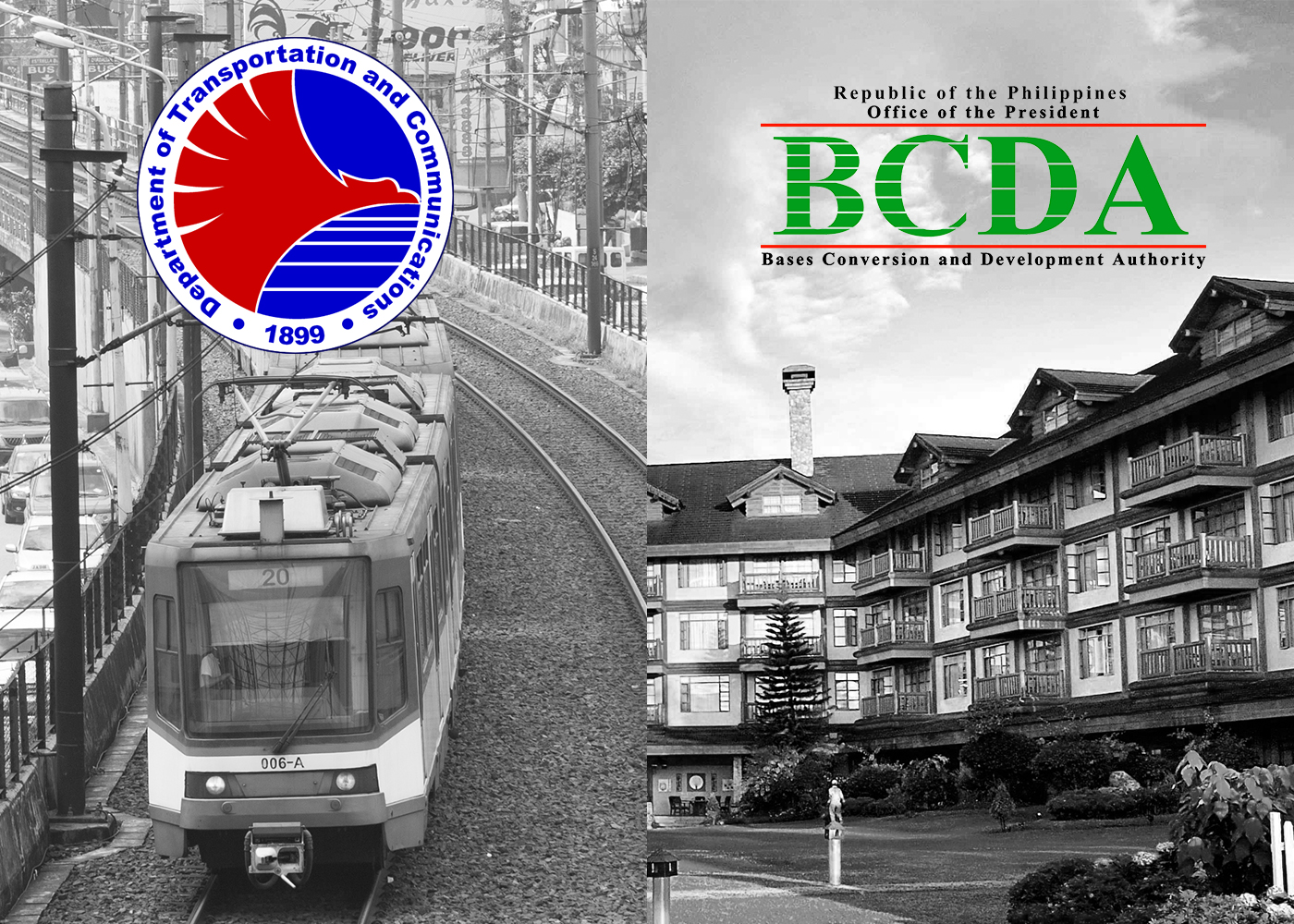
 Twitter
Twitter Facebook
Facebook